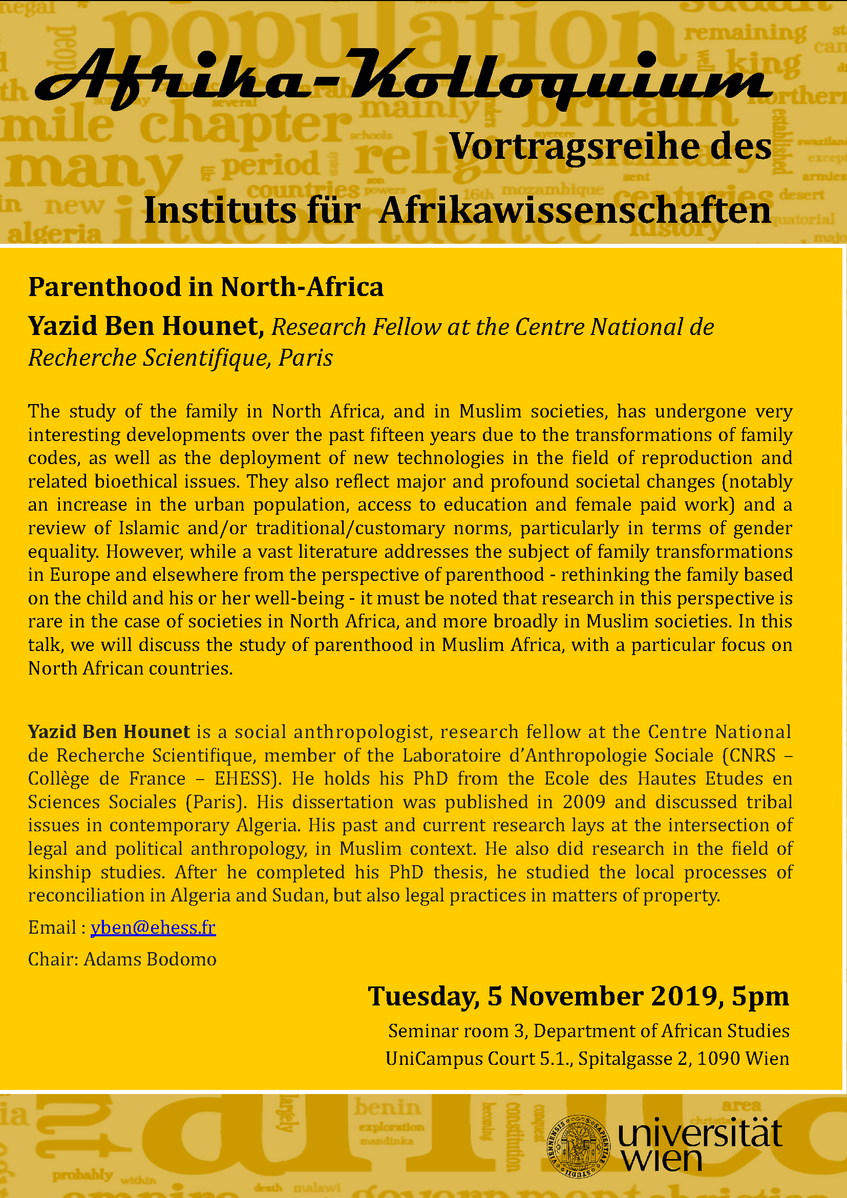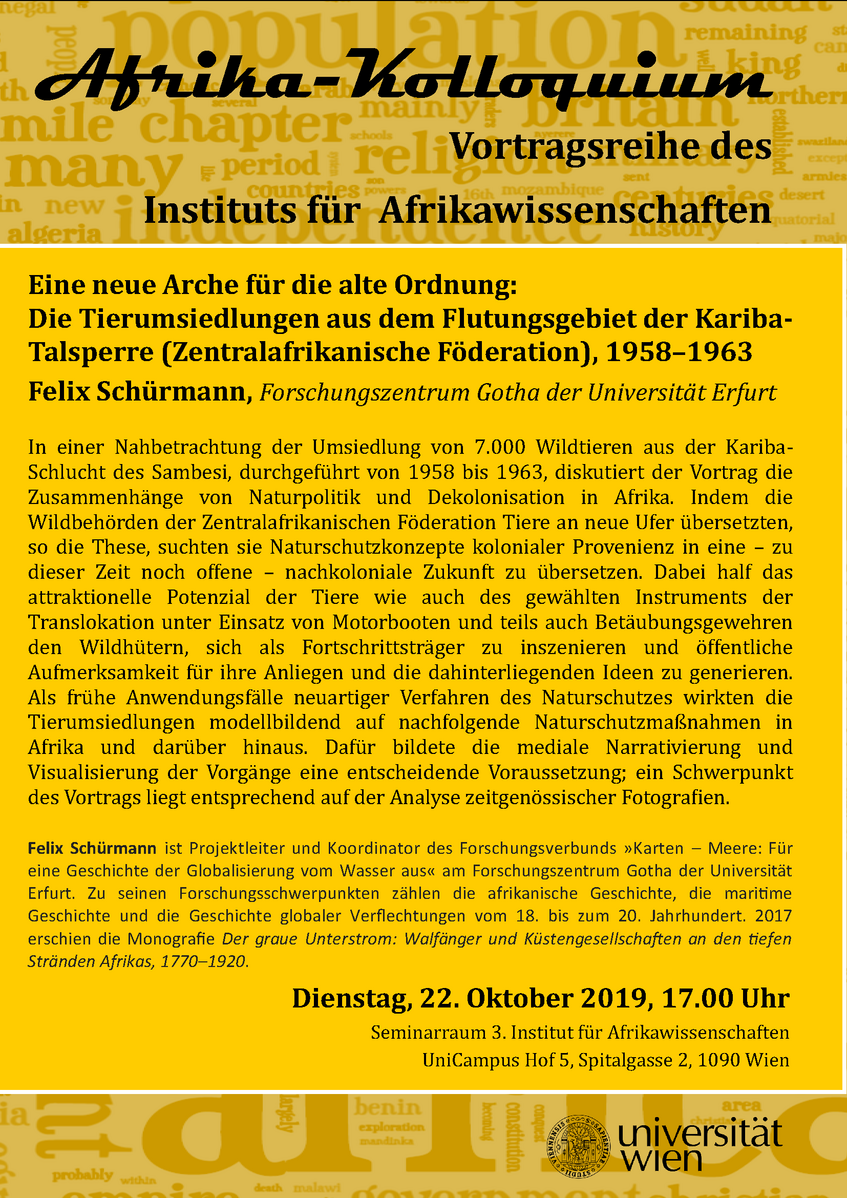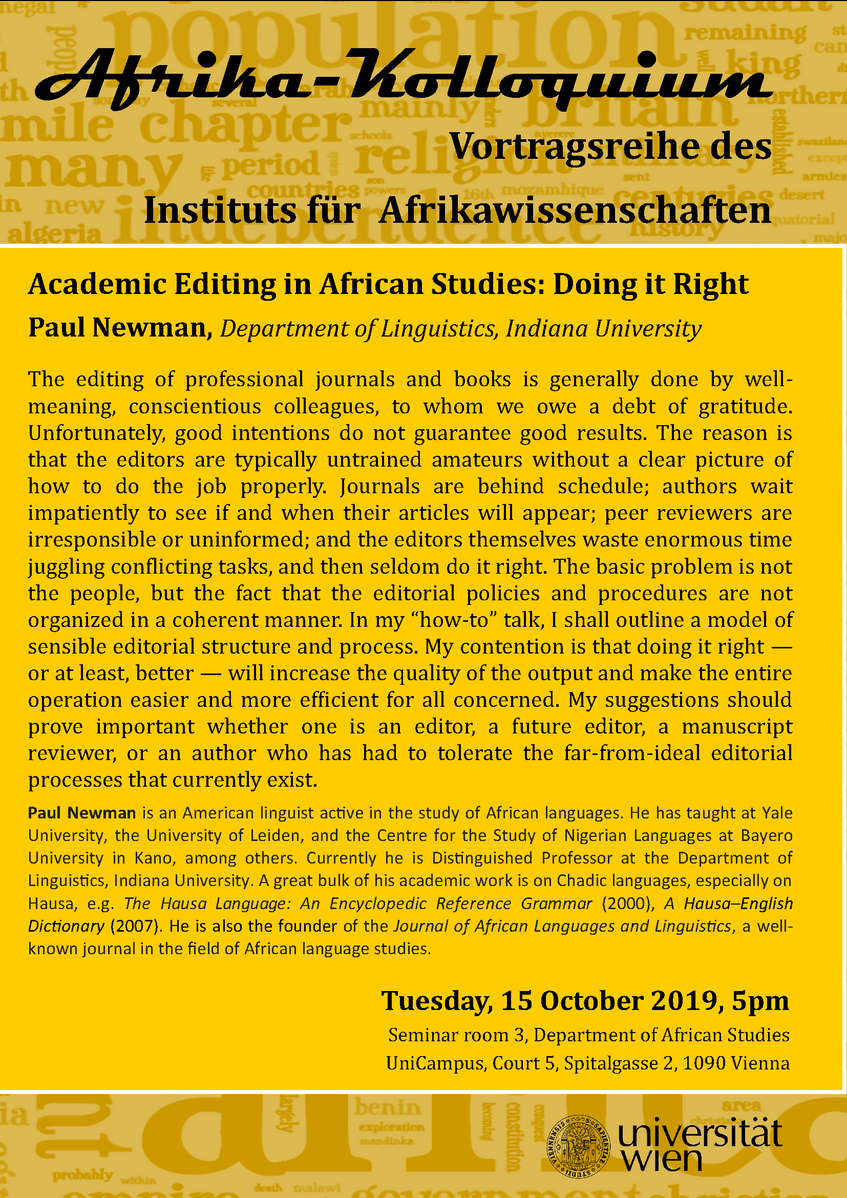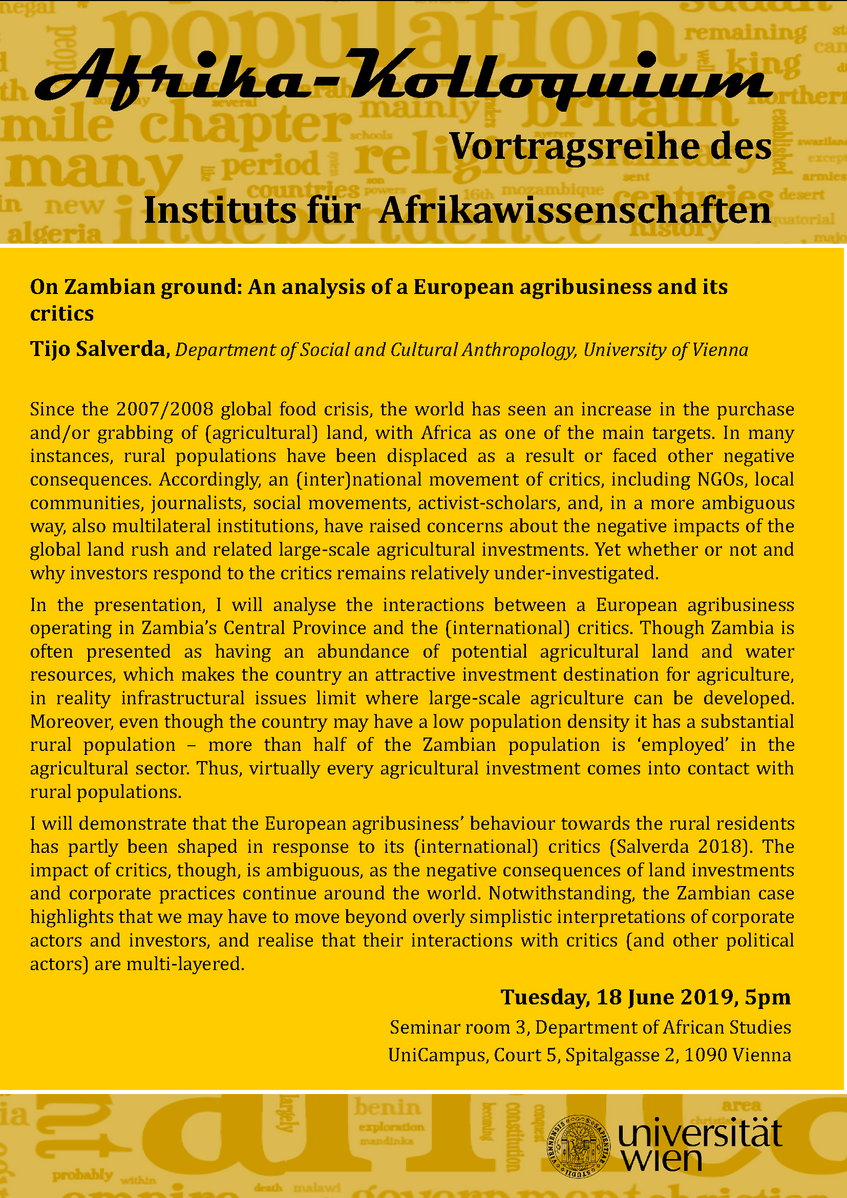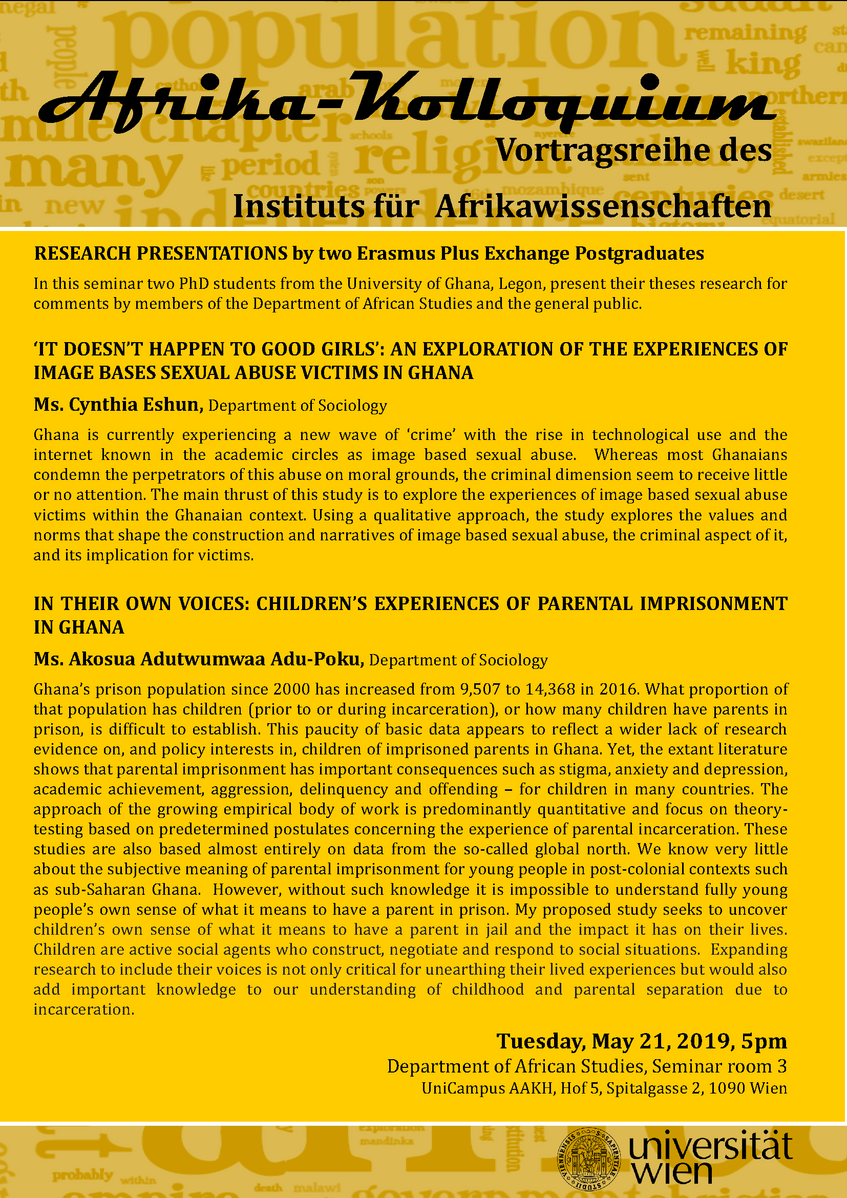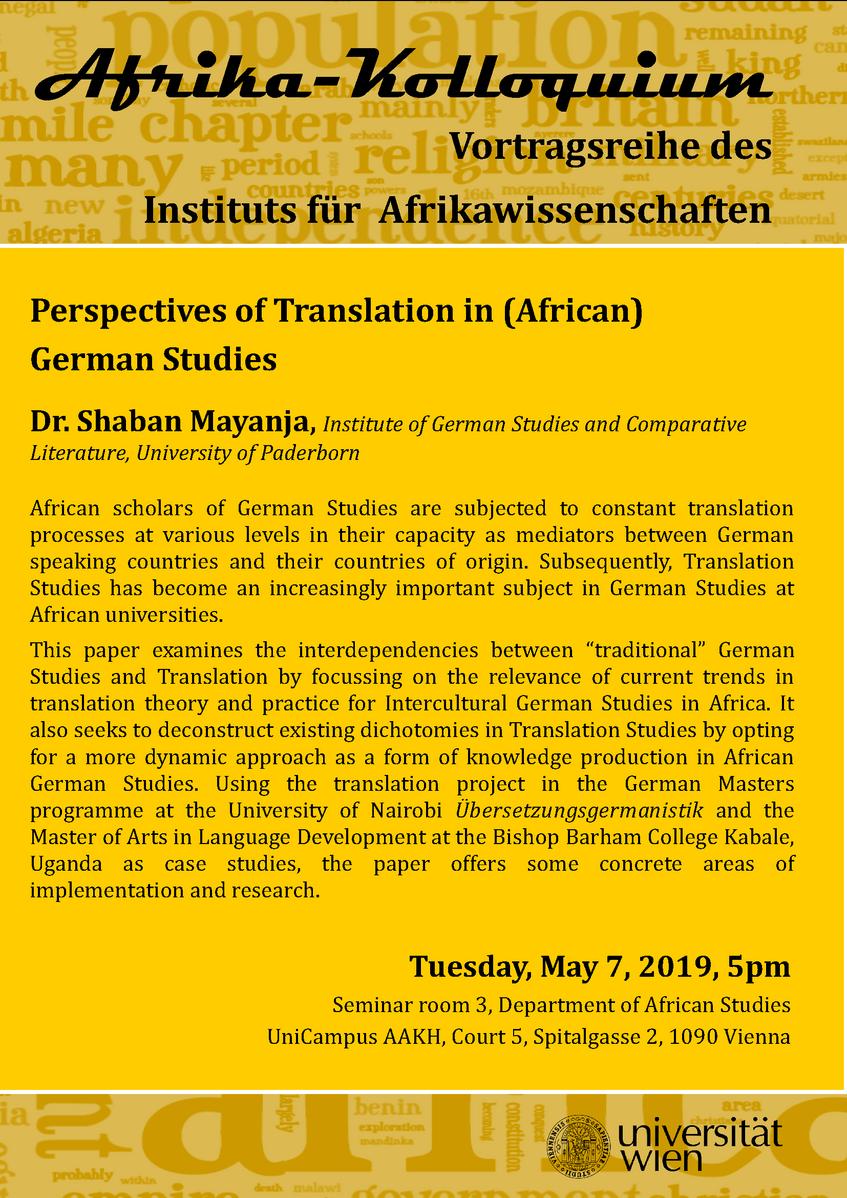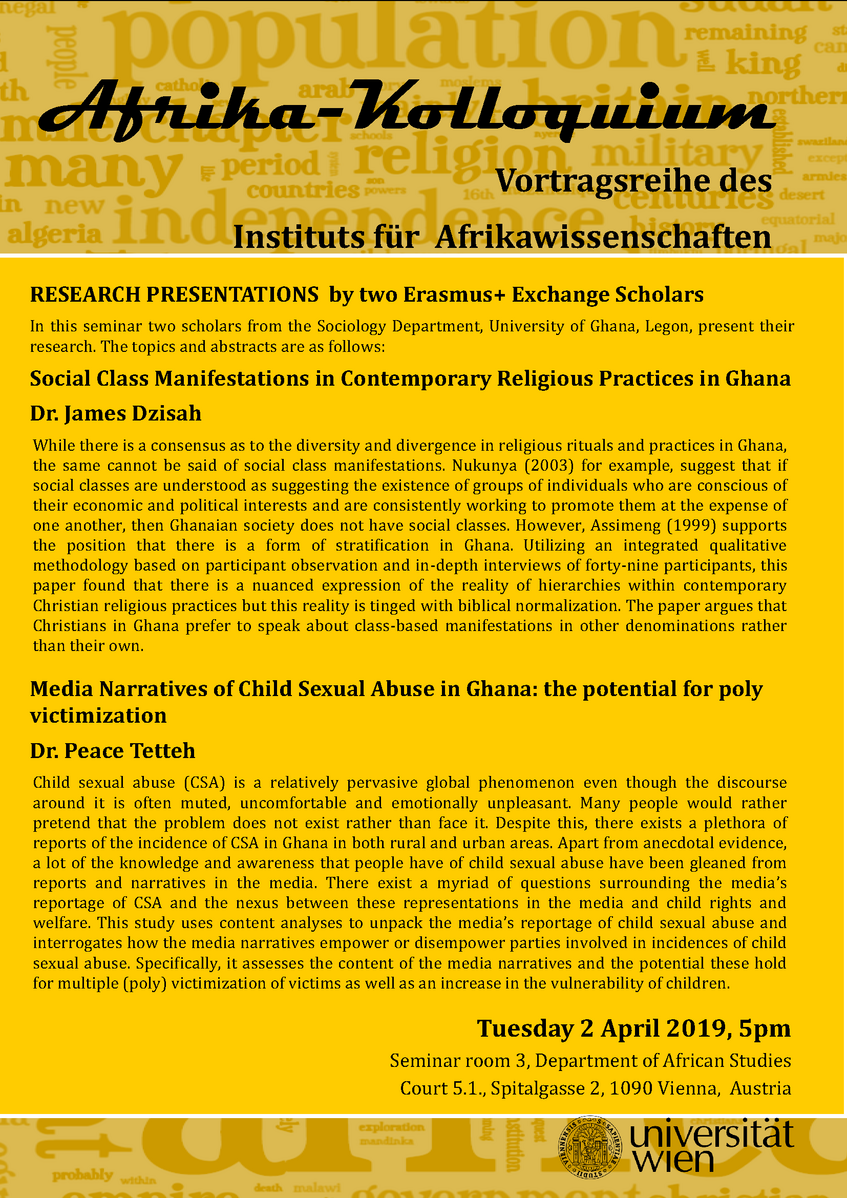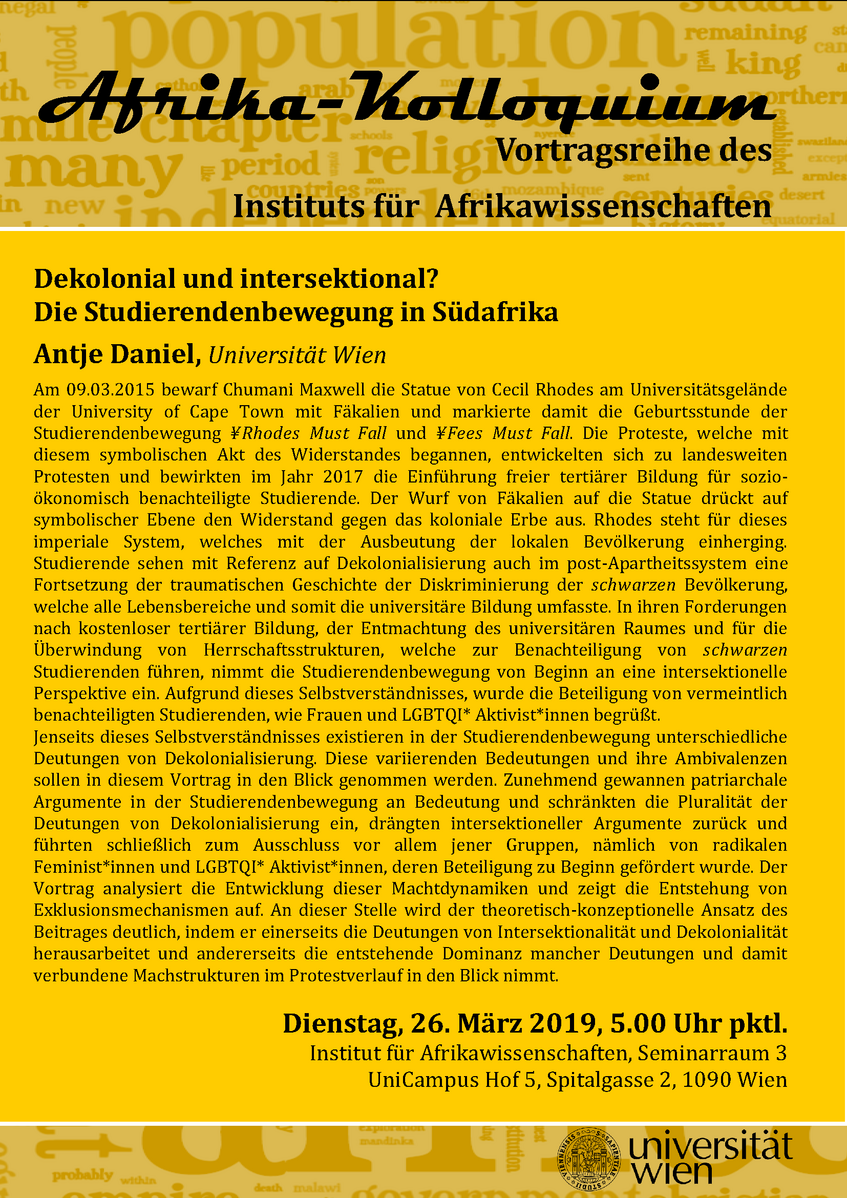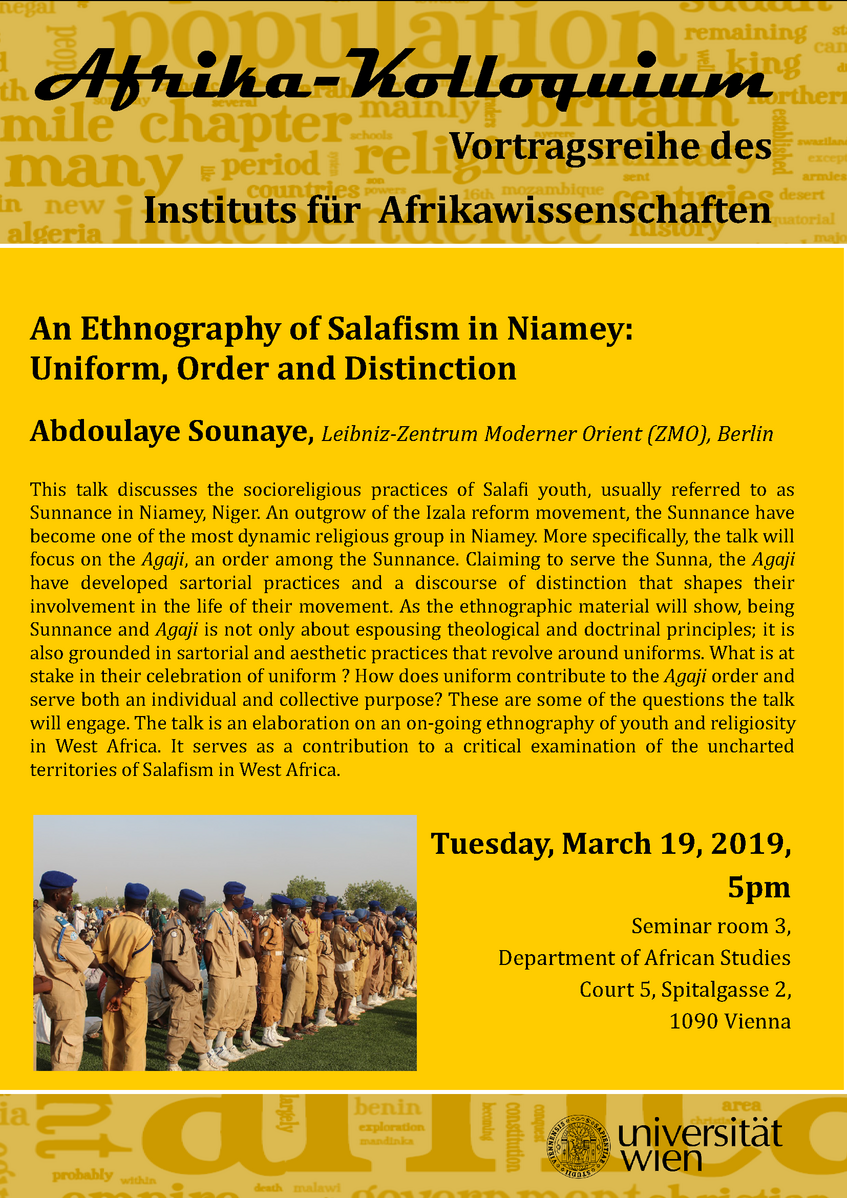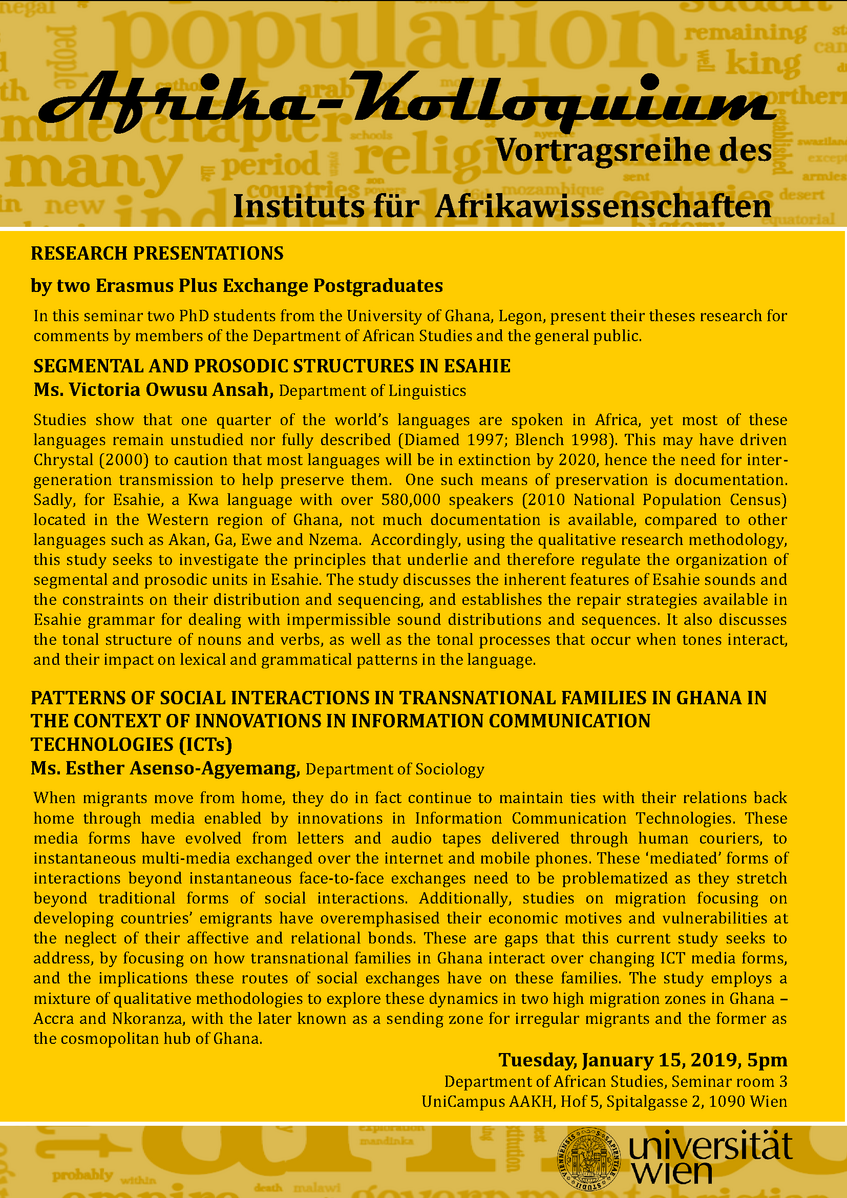2025
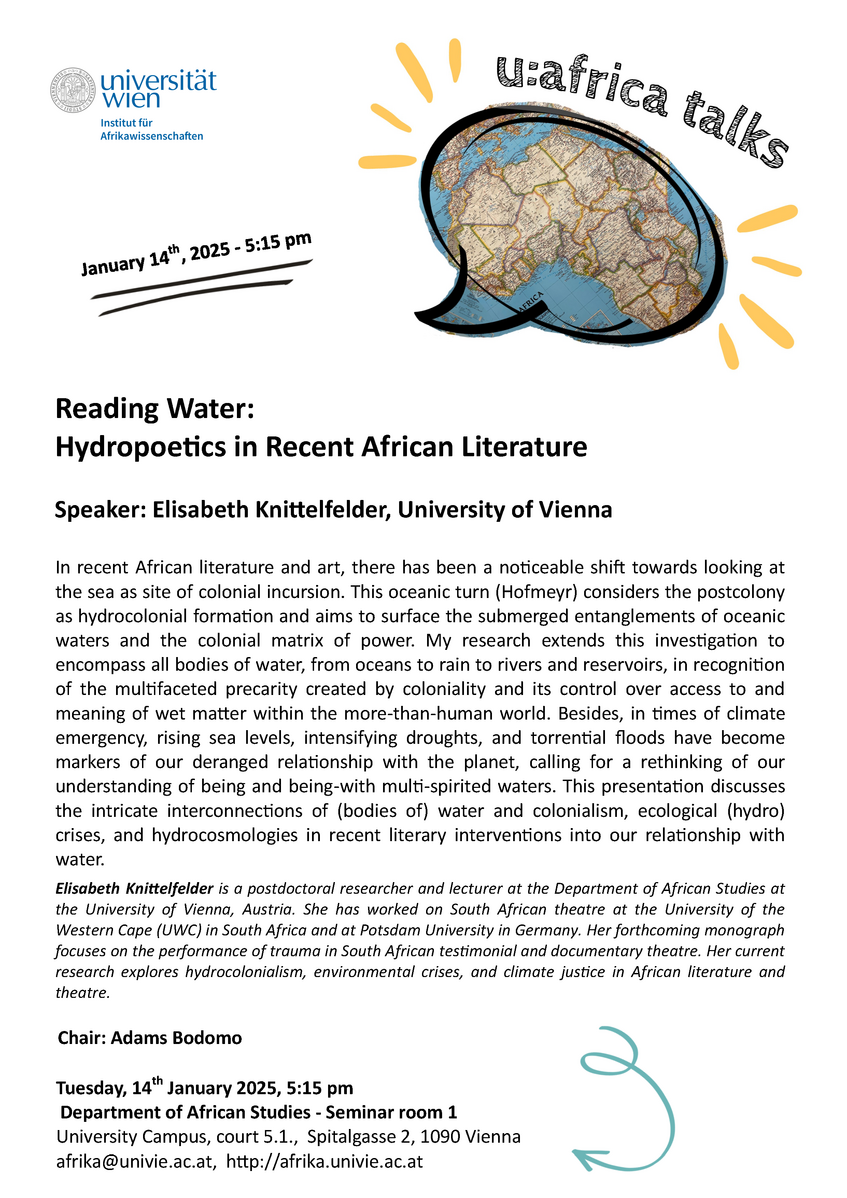
2024
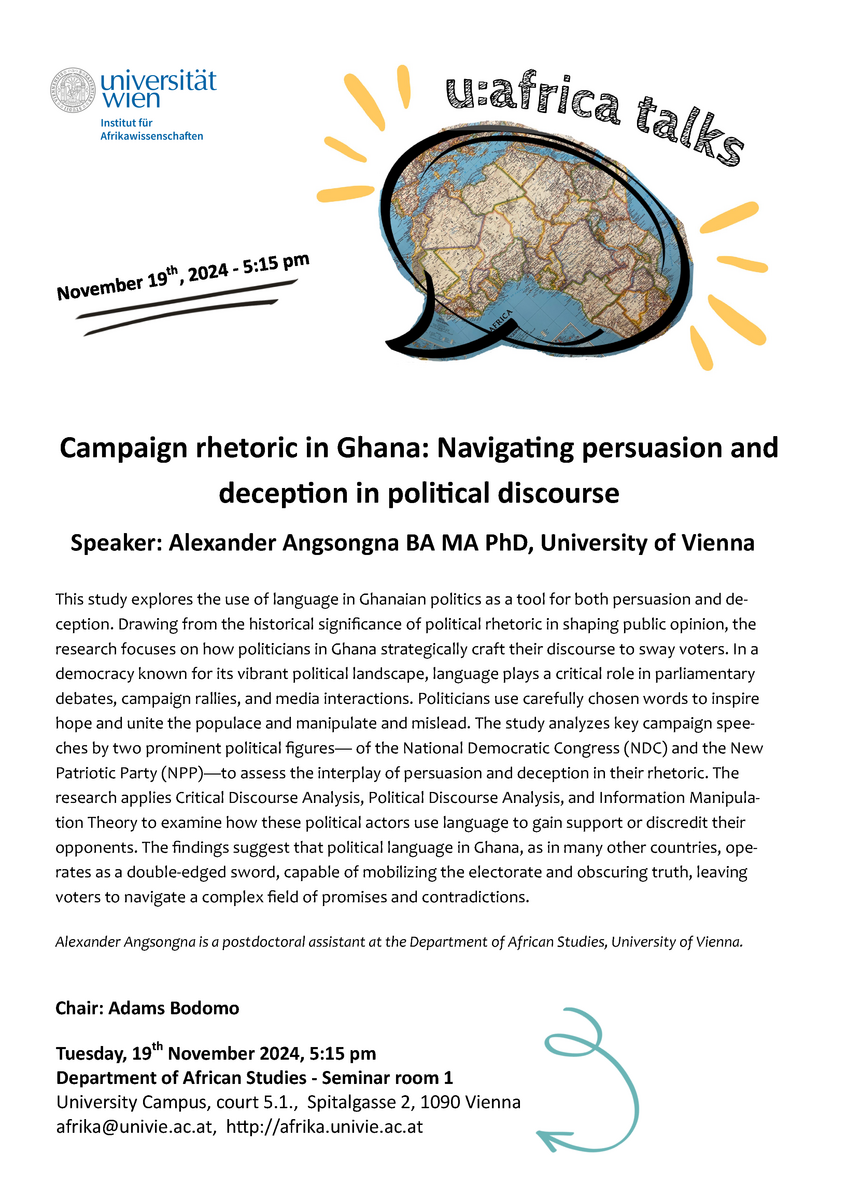
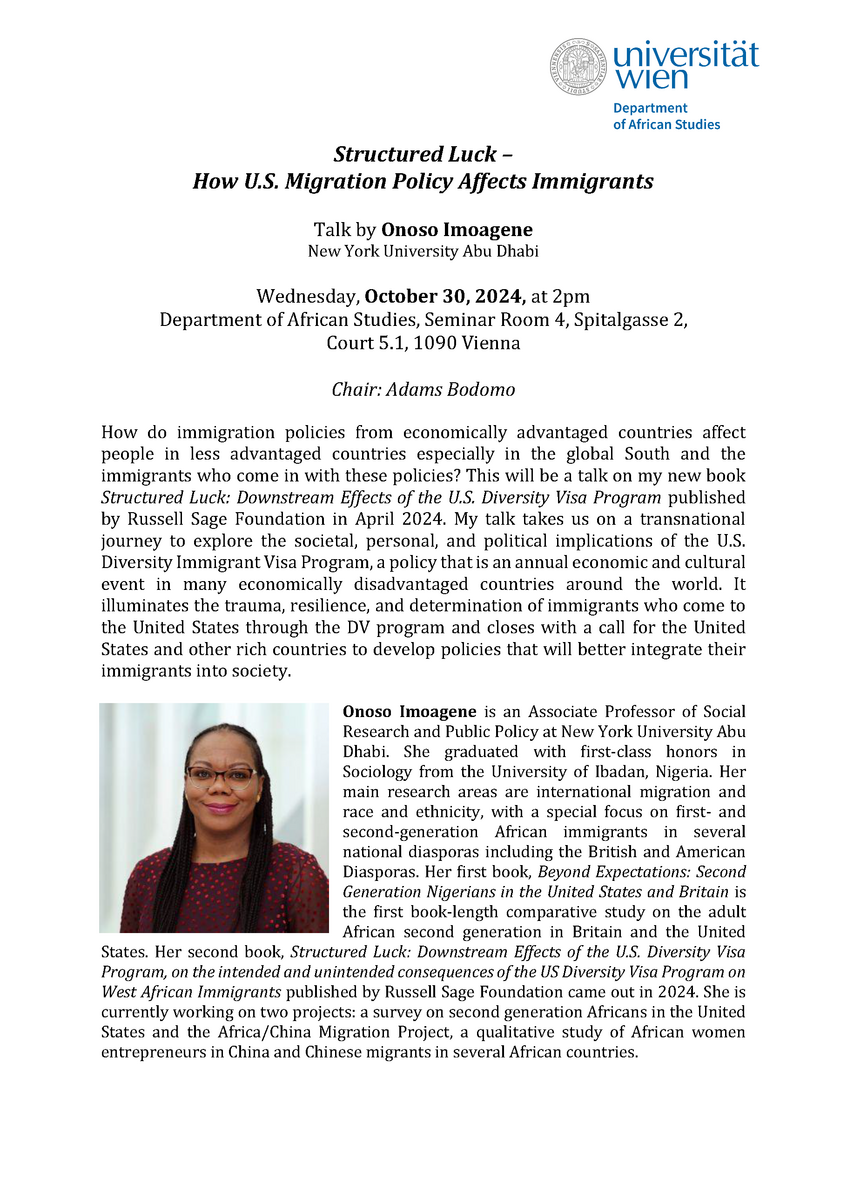
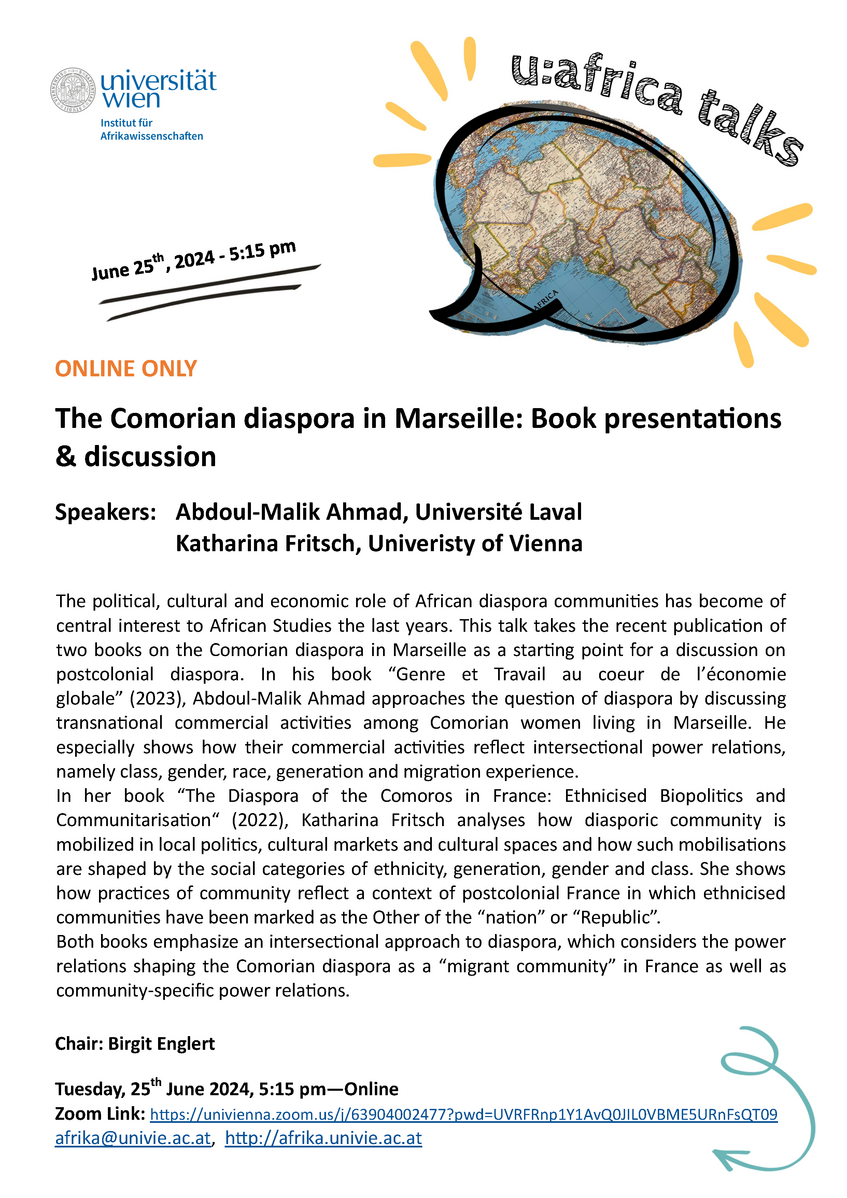
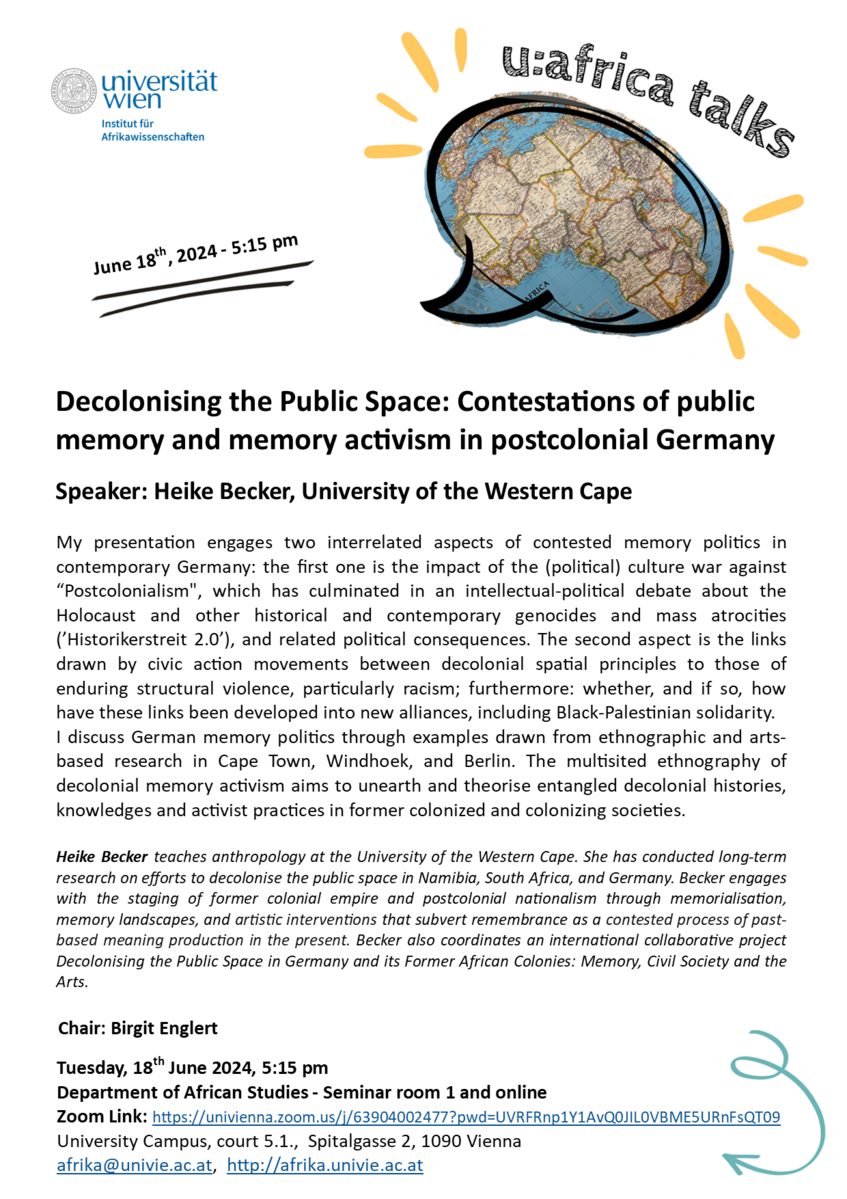
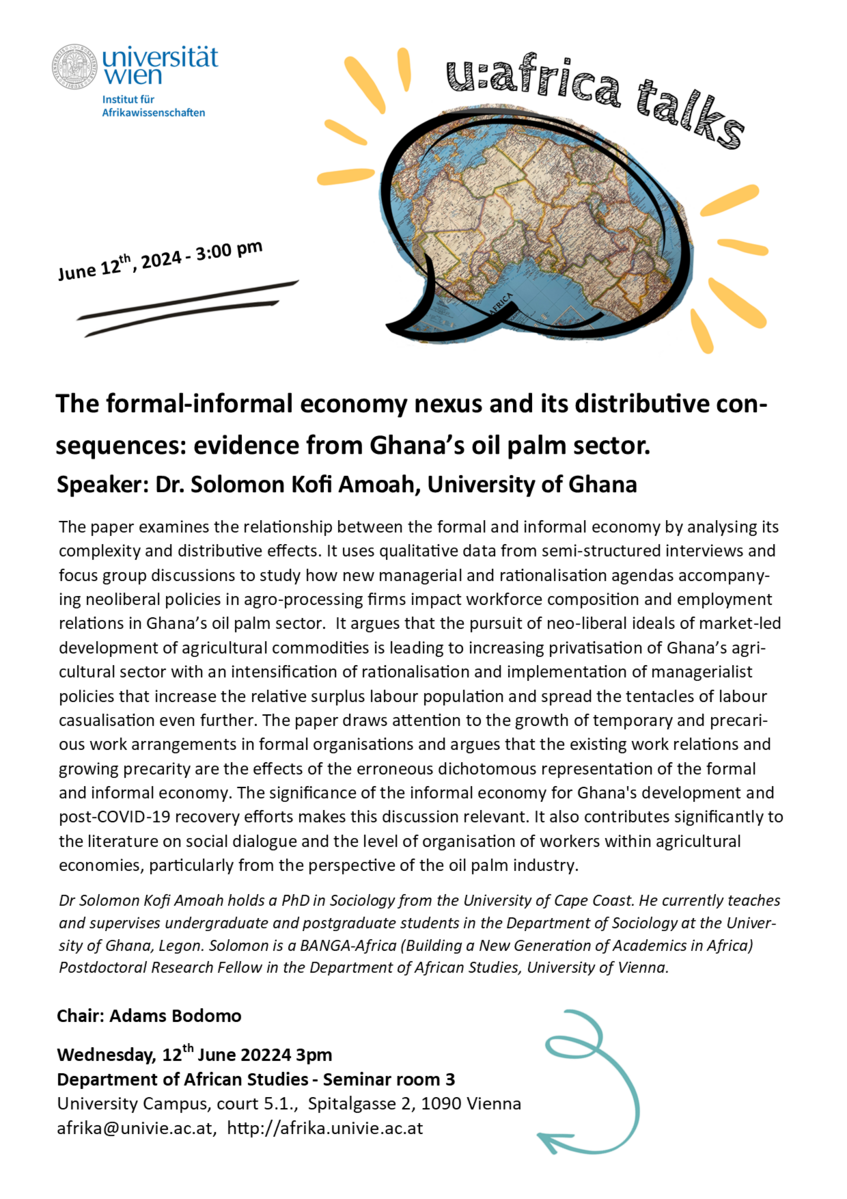
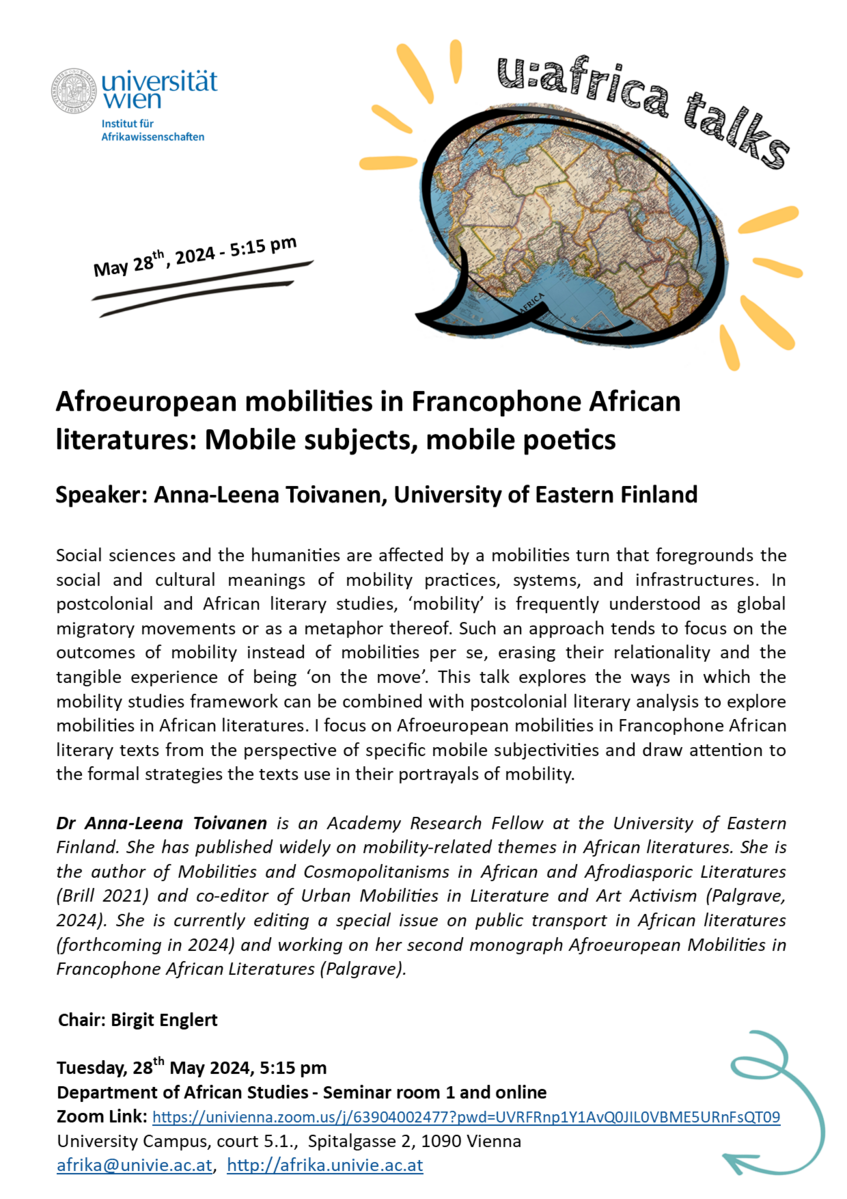
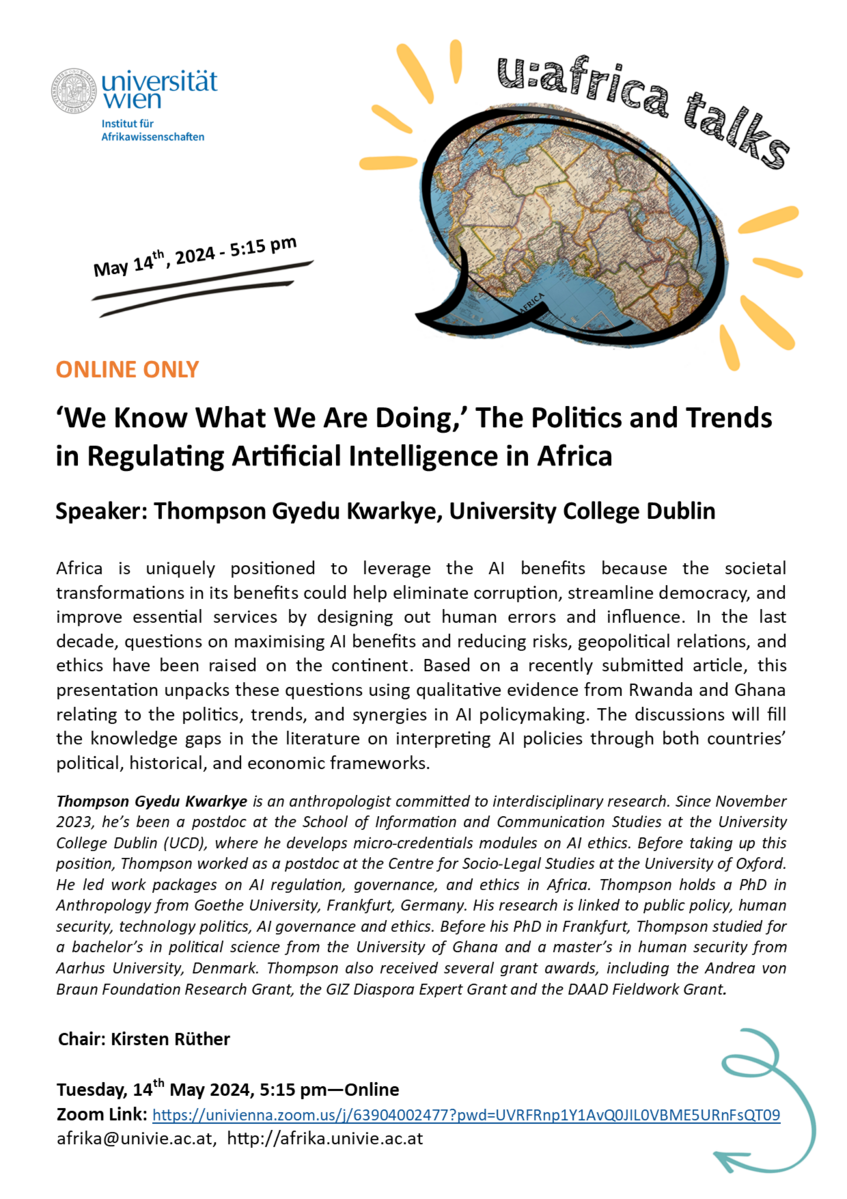
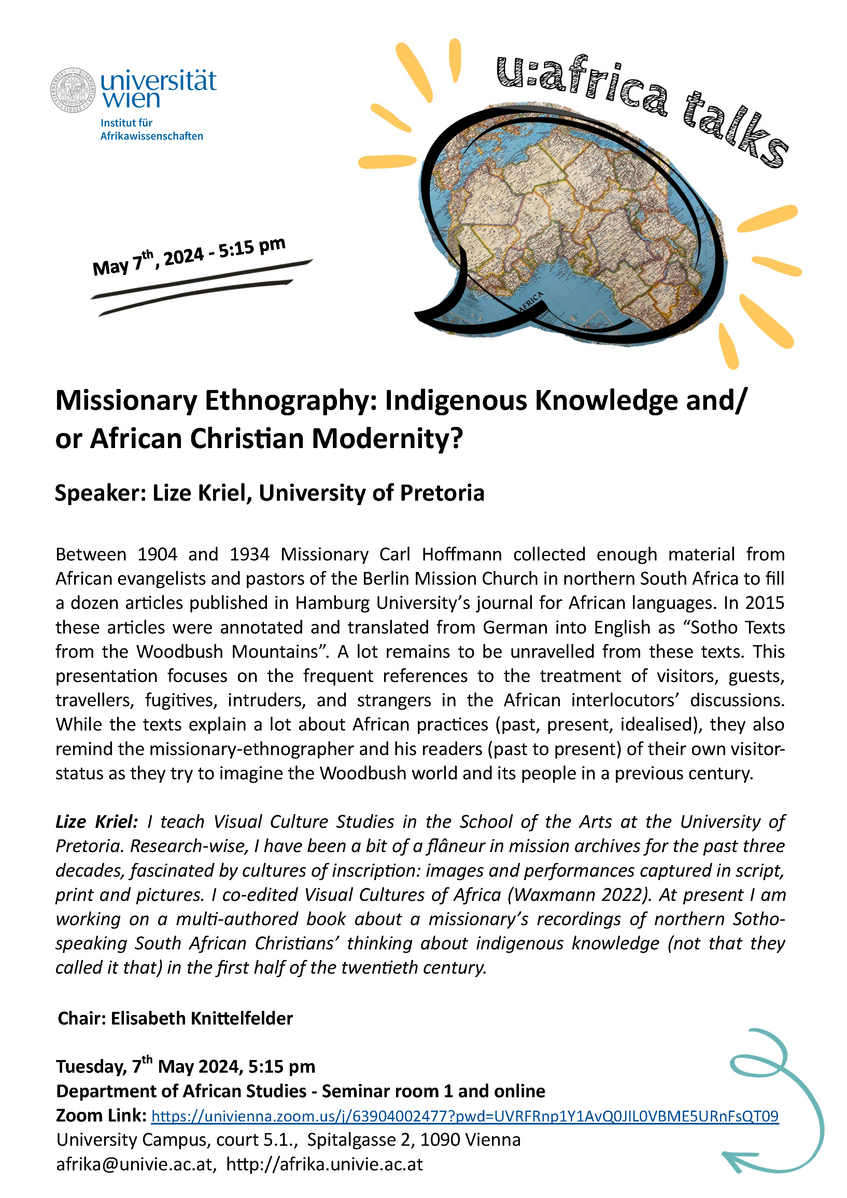
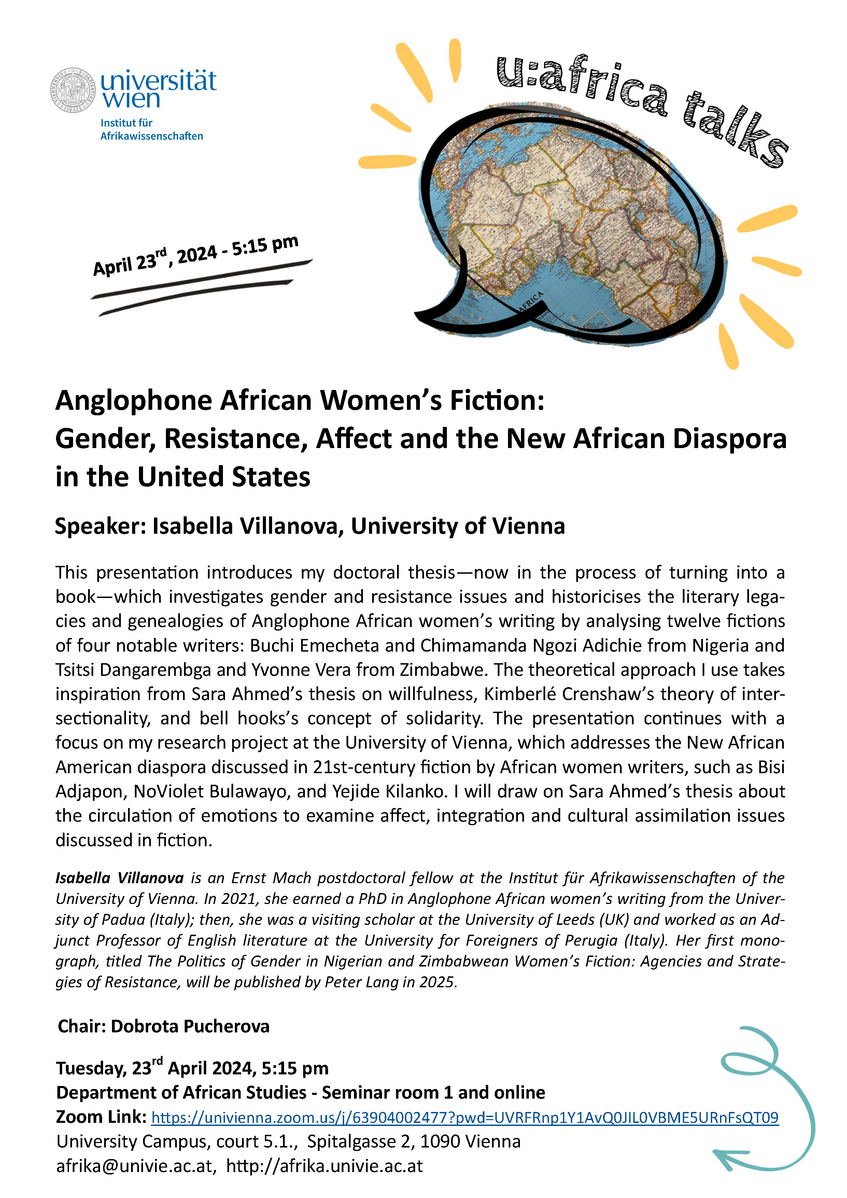


2023






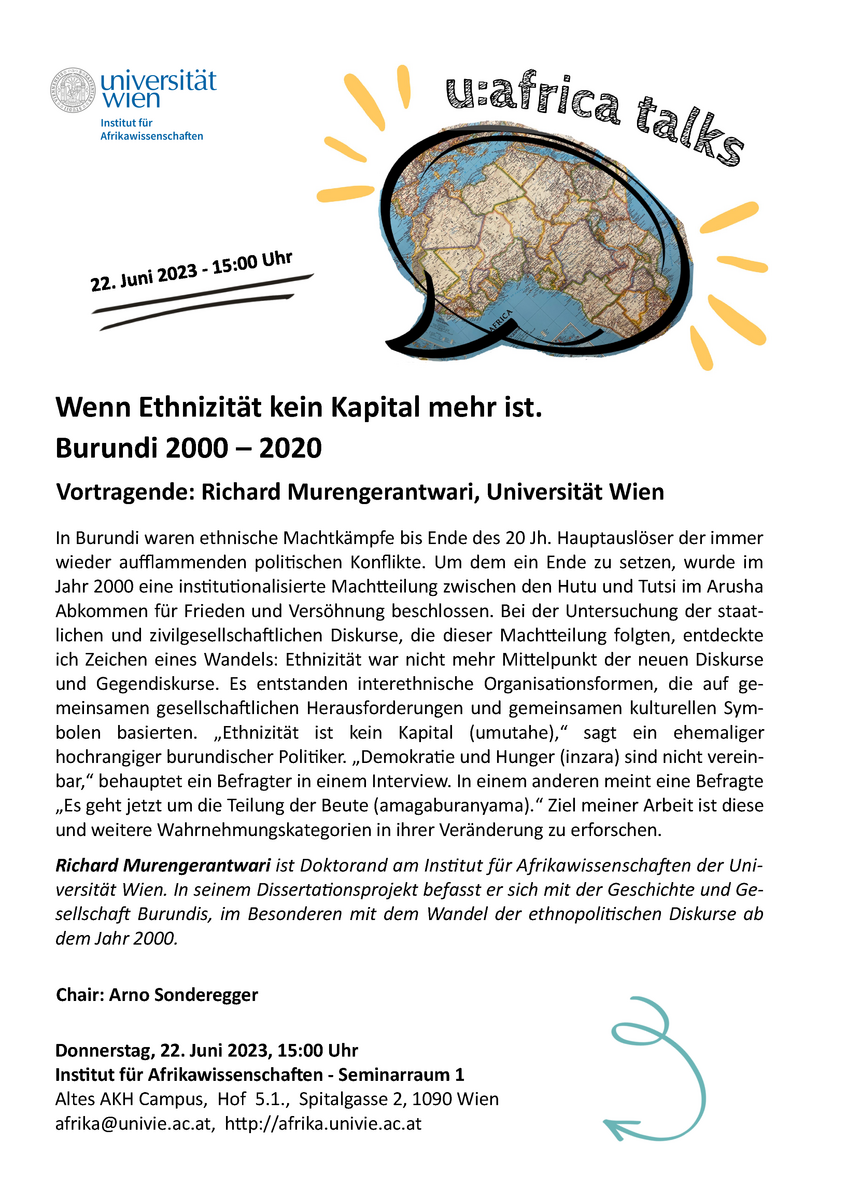
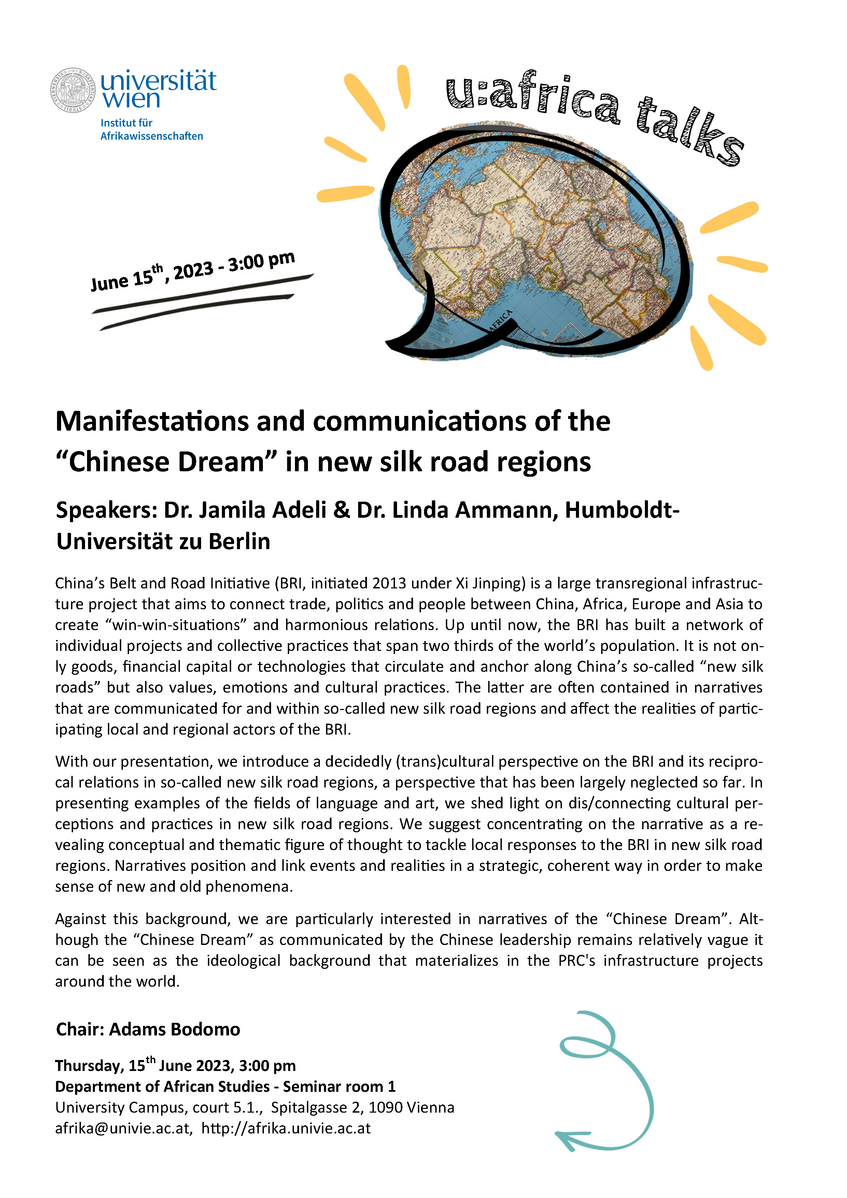
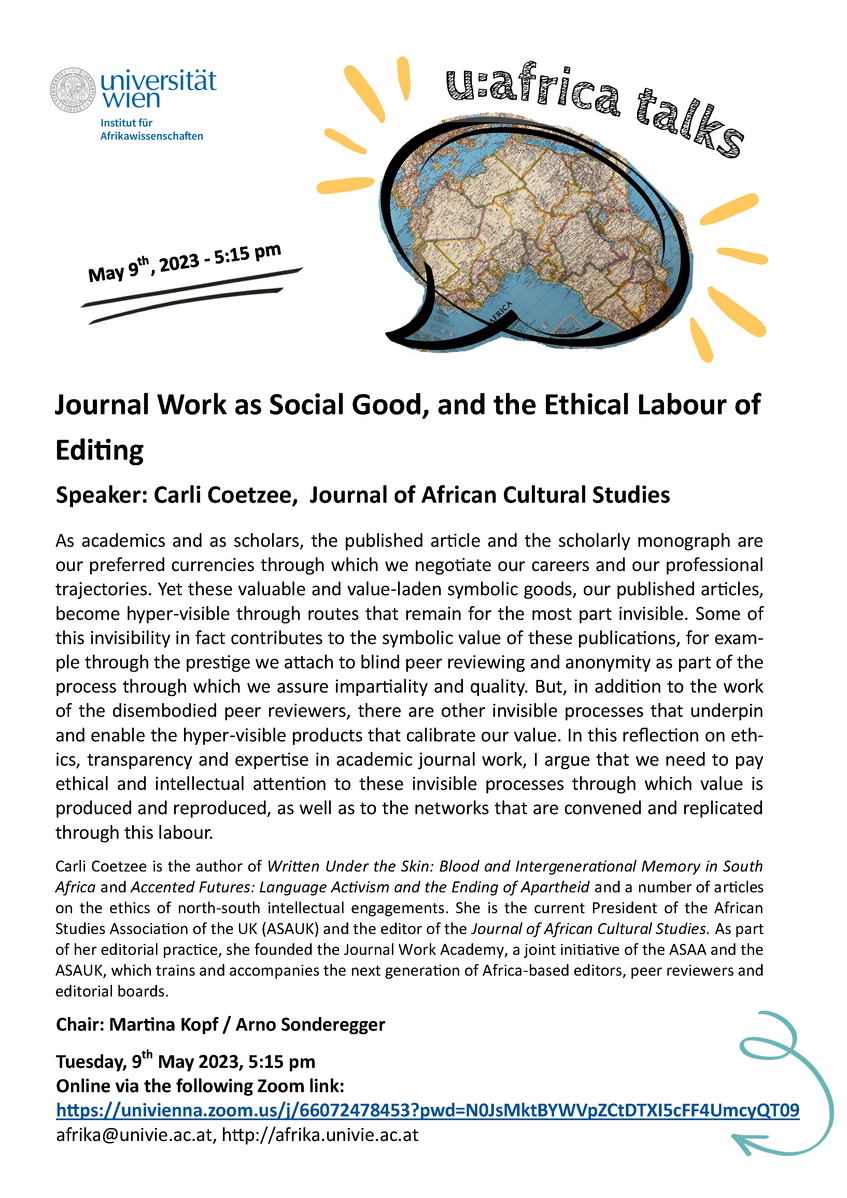
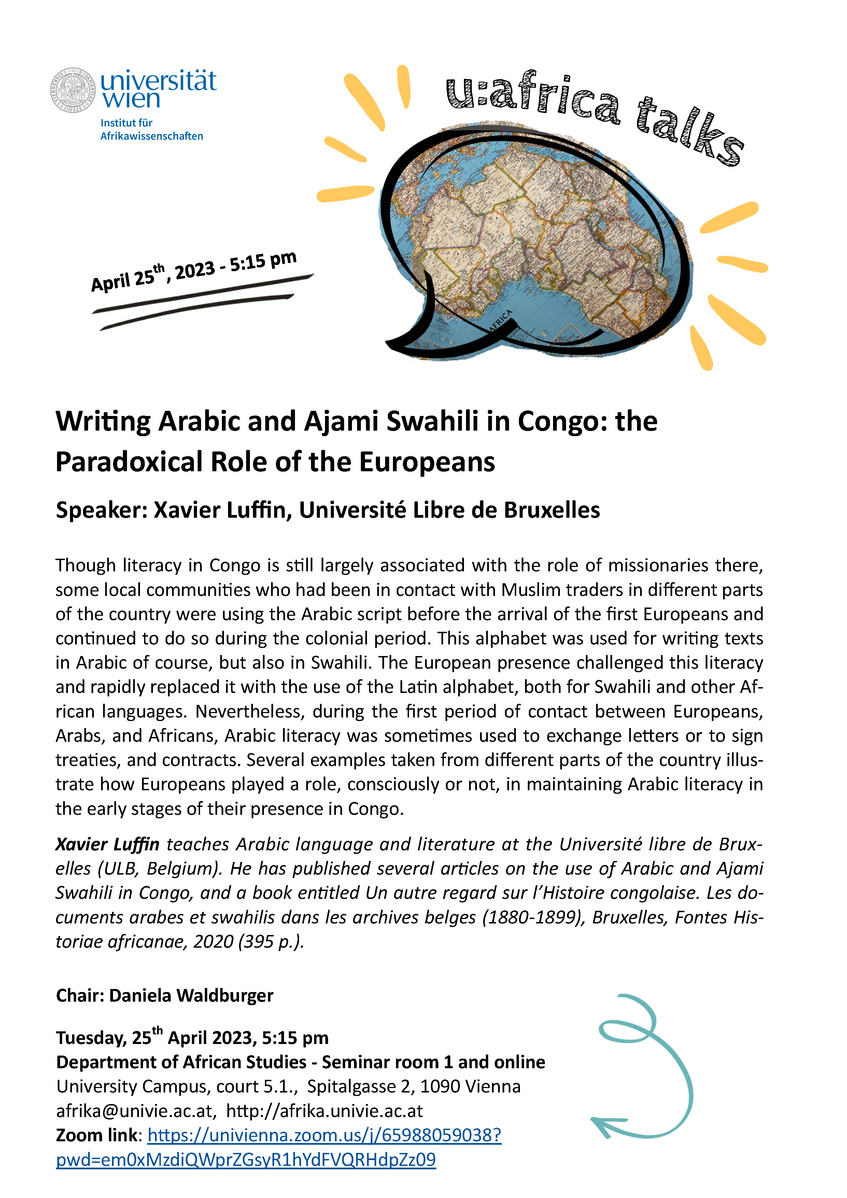
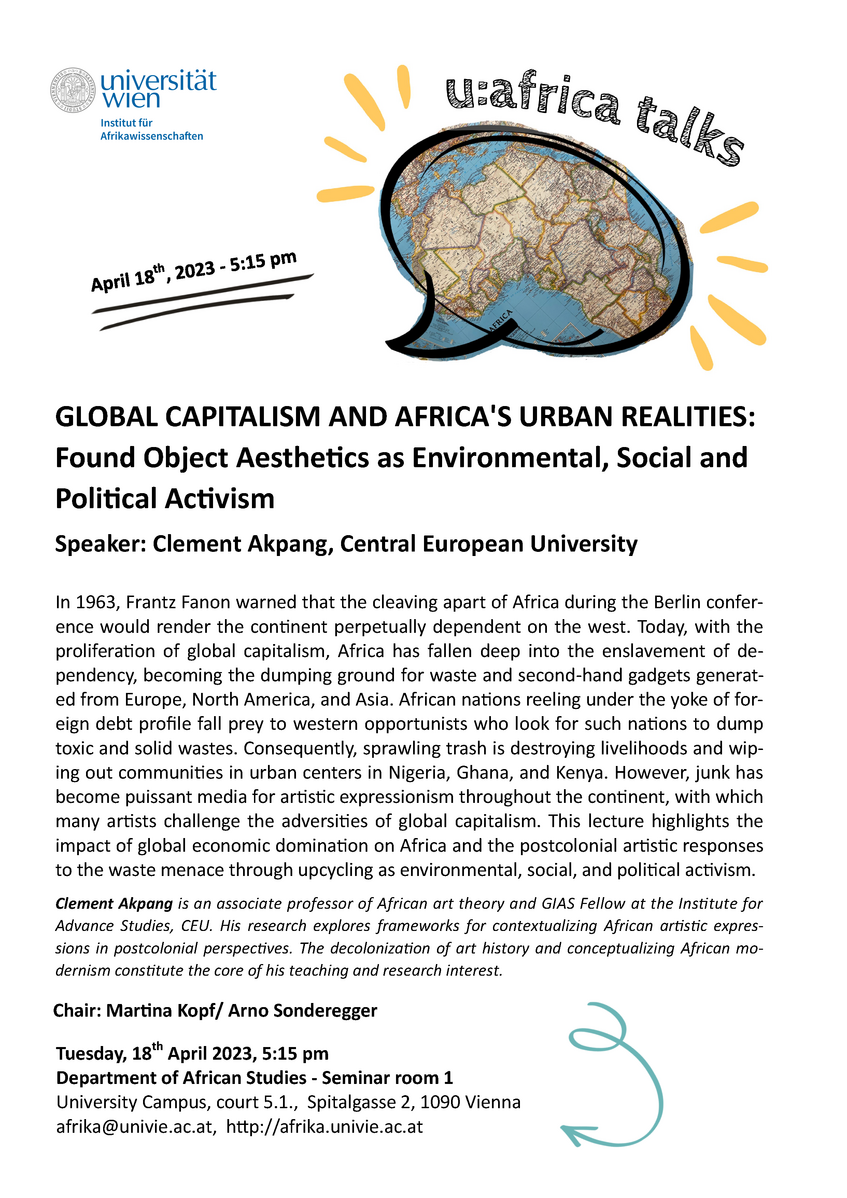
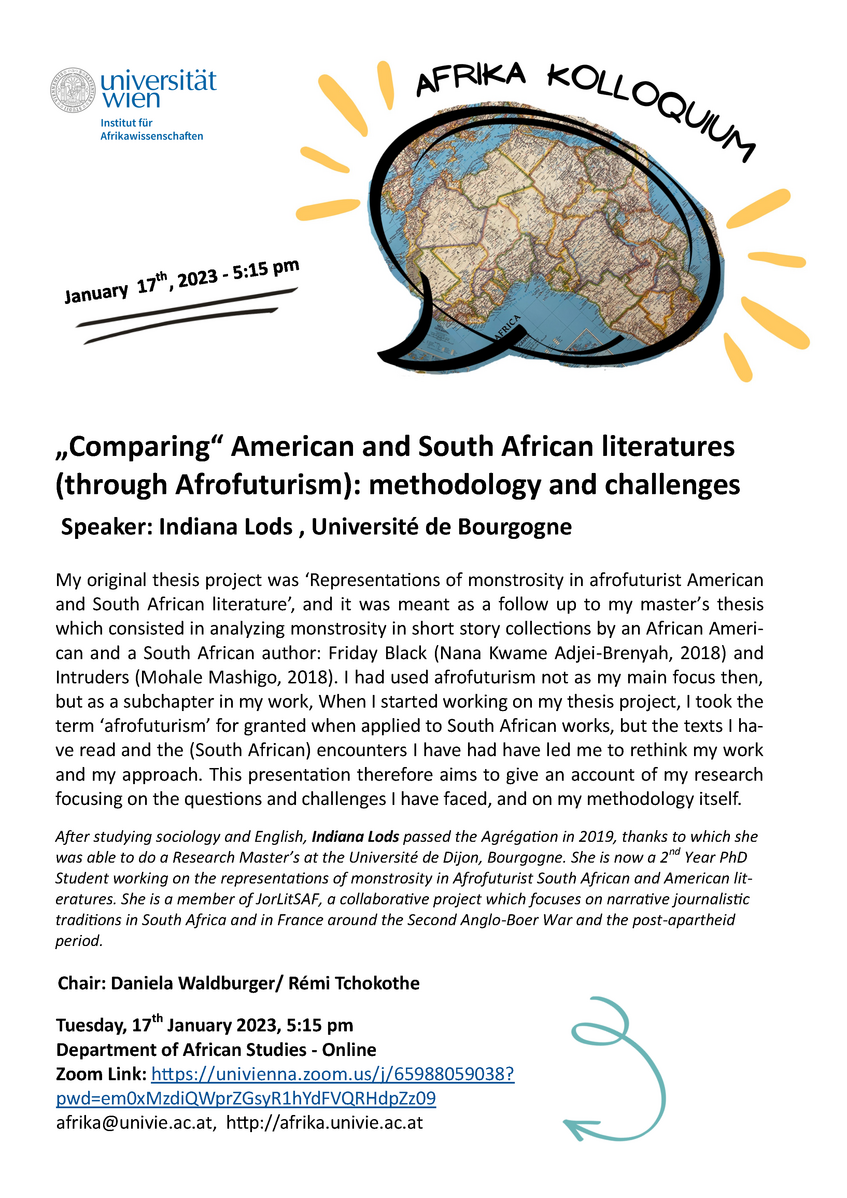
2022
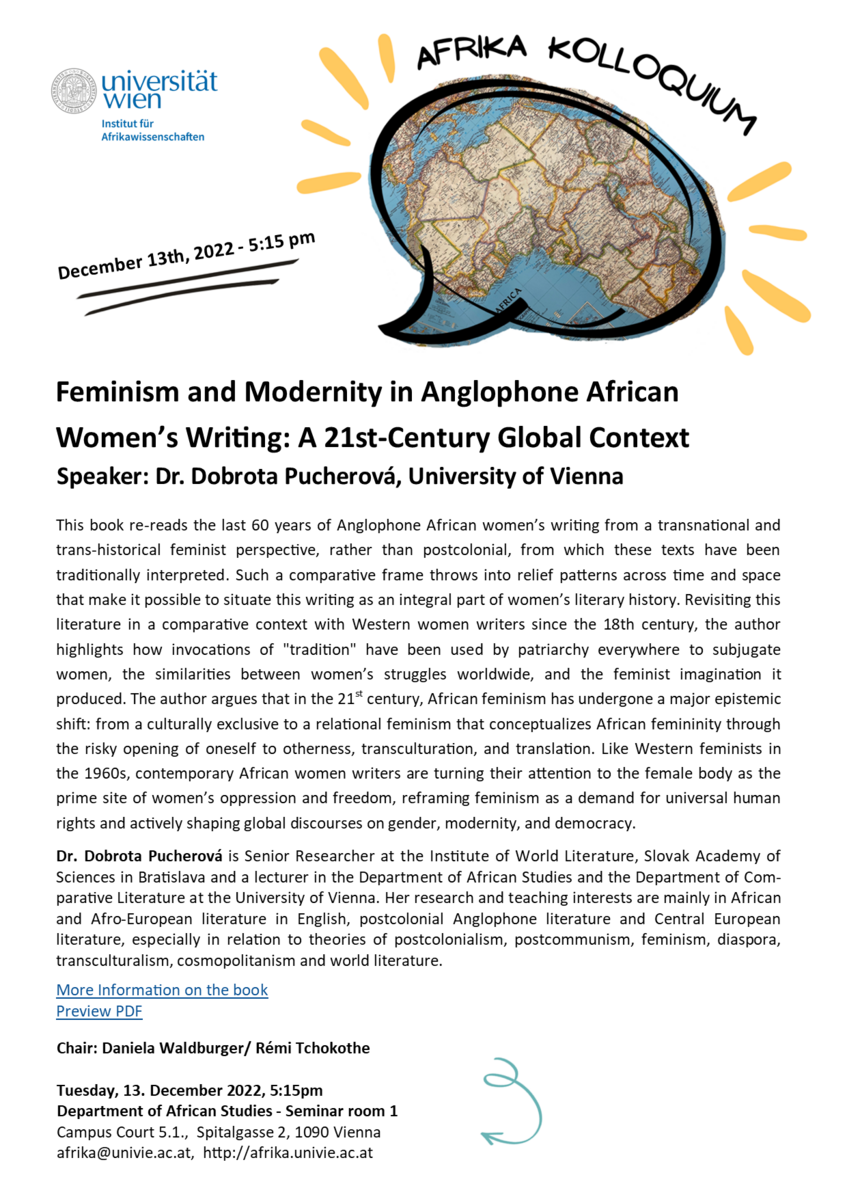
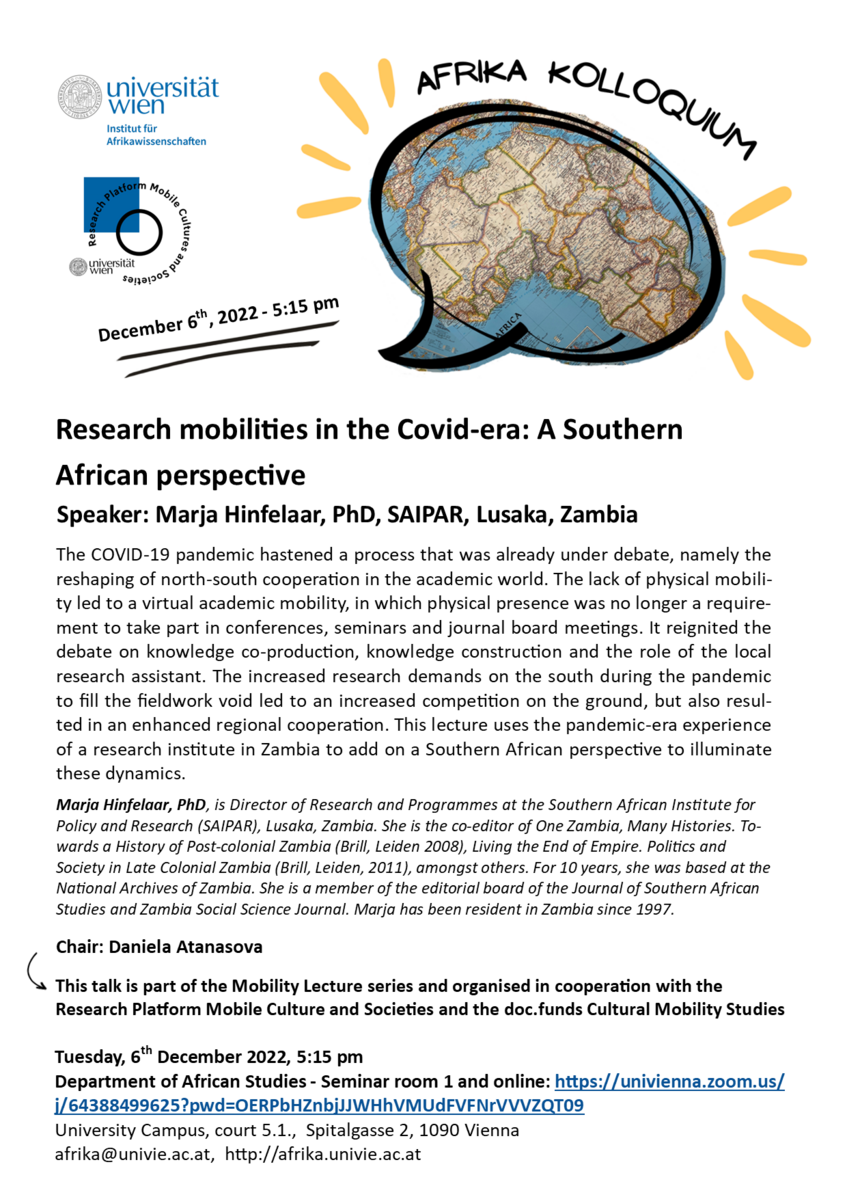
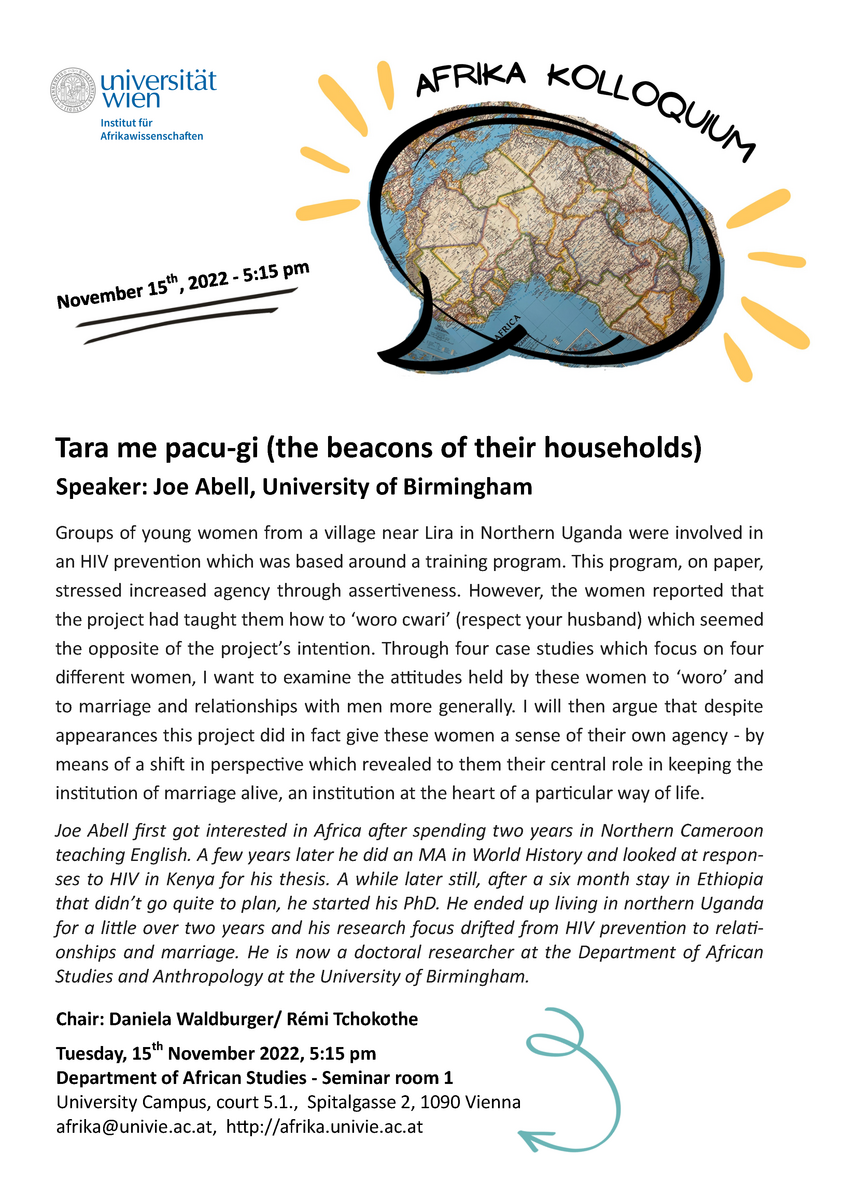
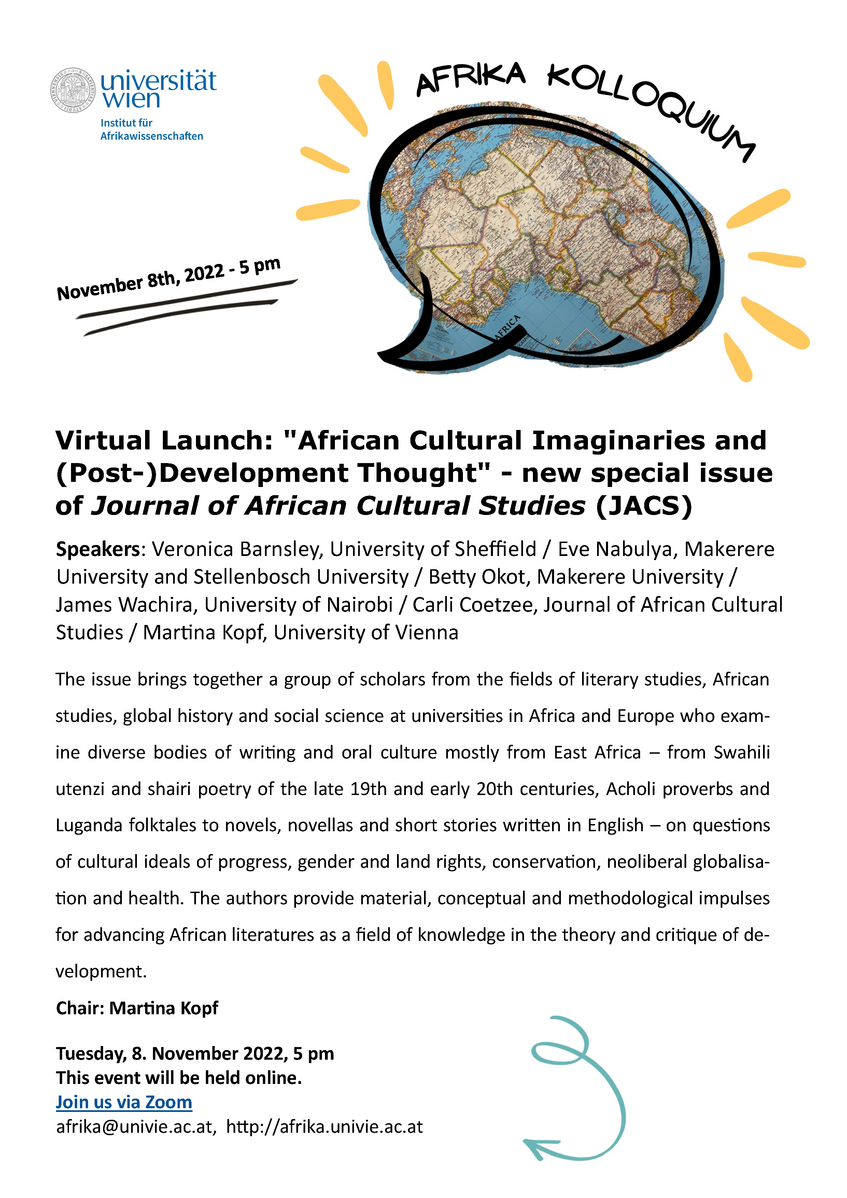
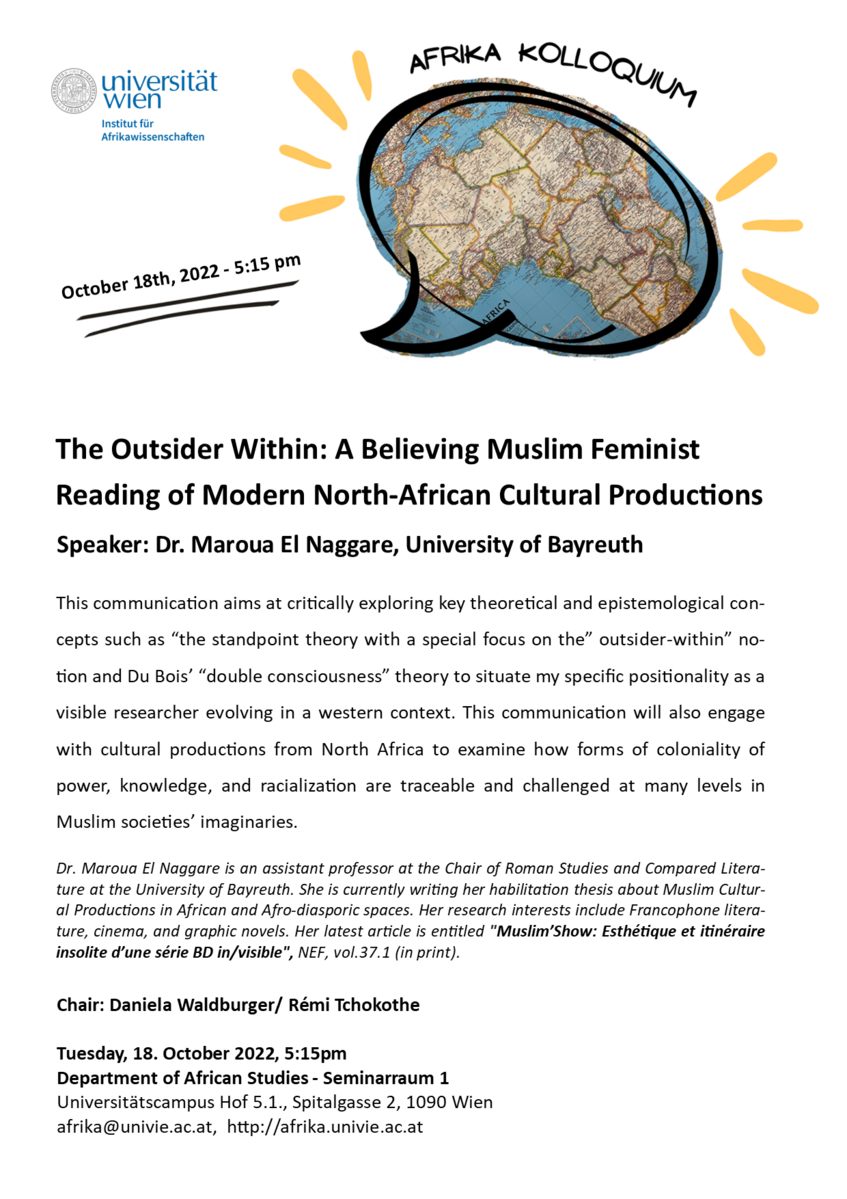
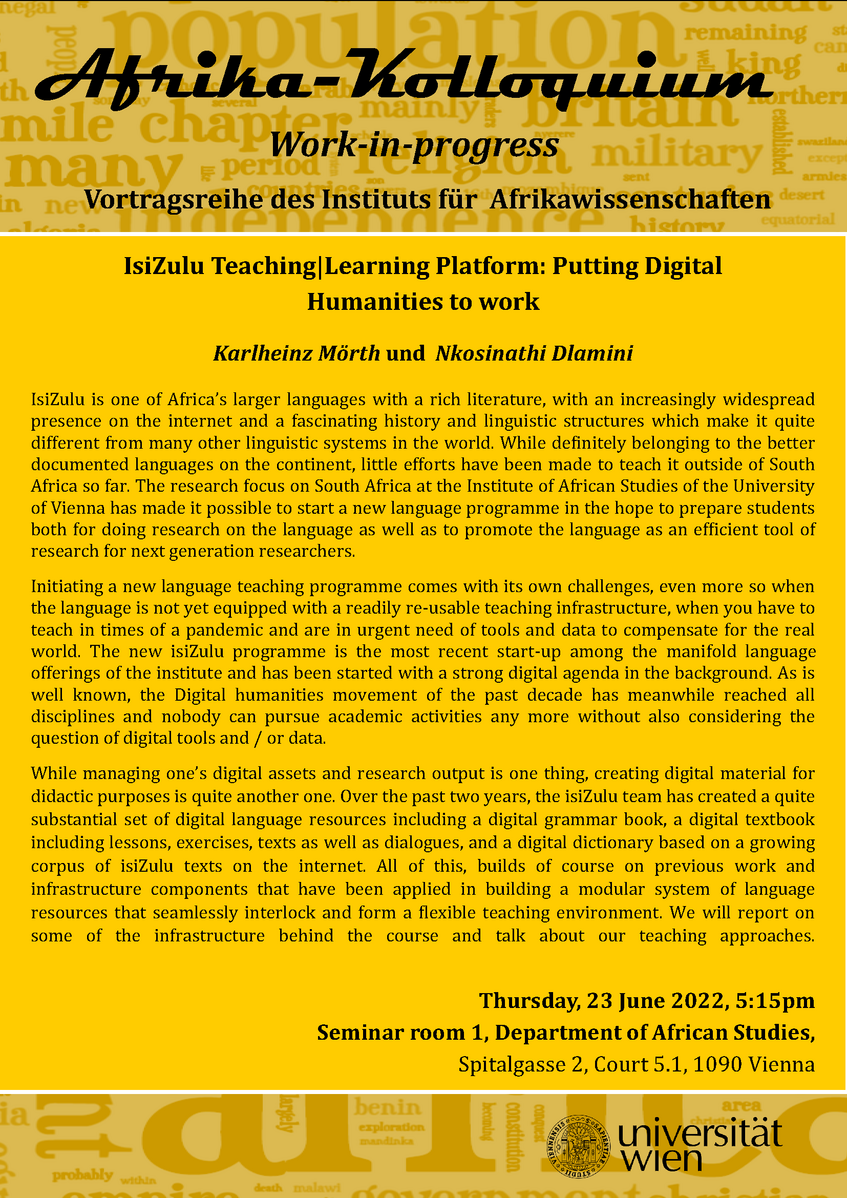
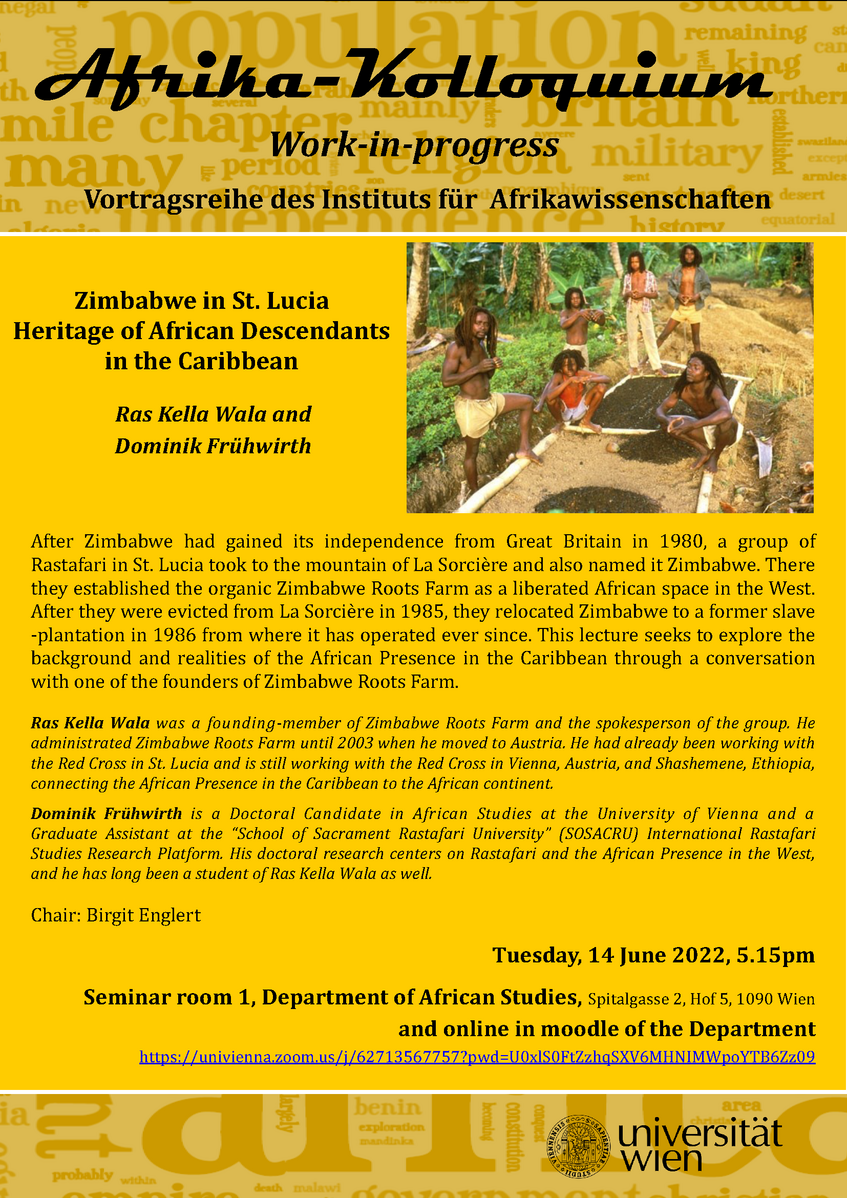
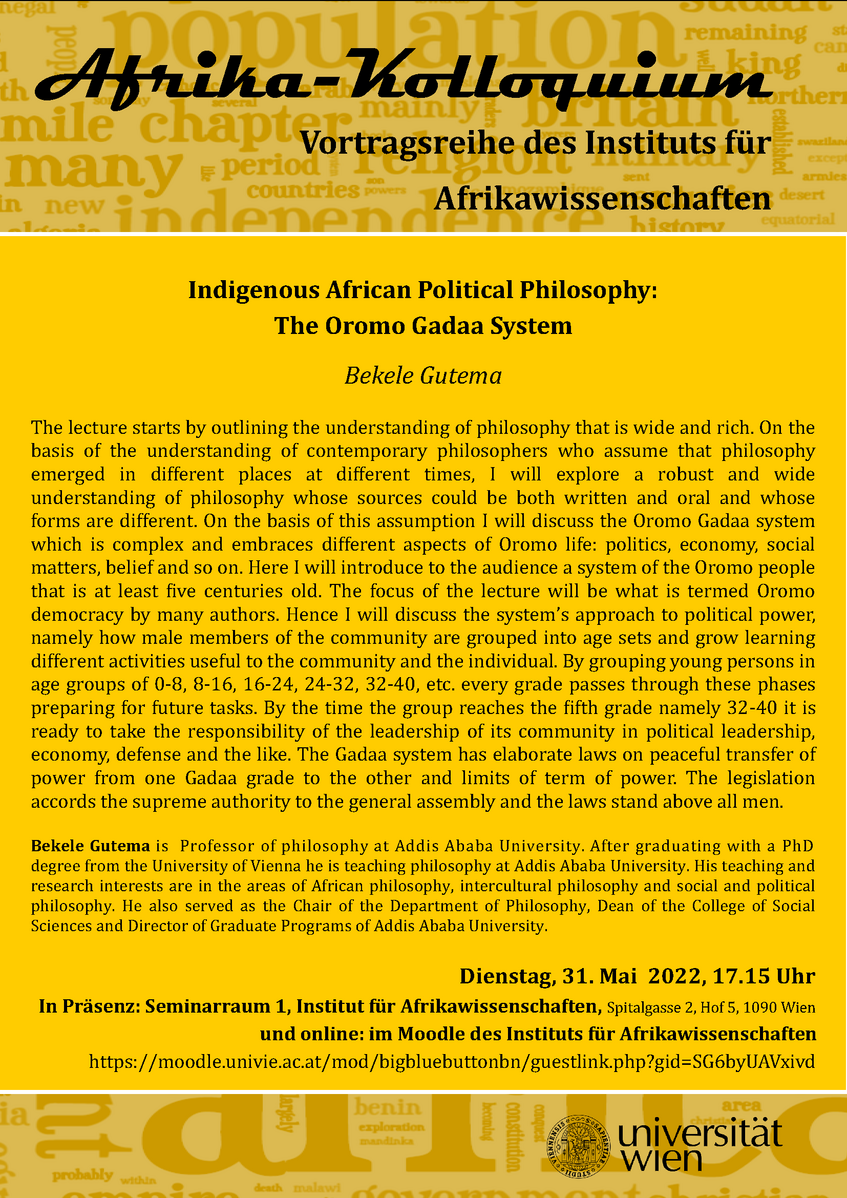
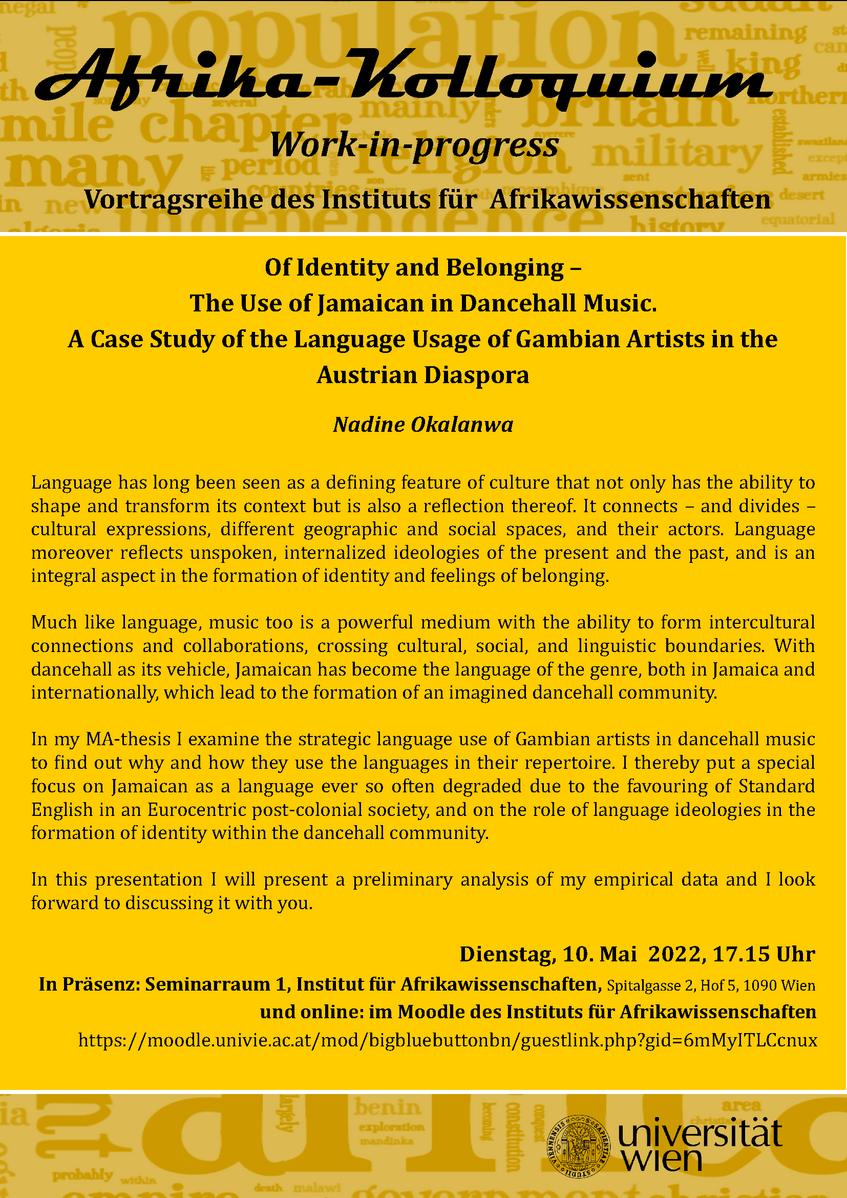
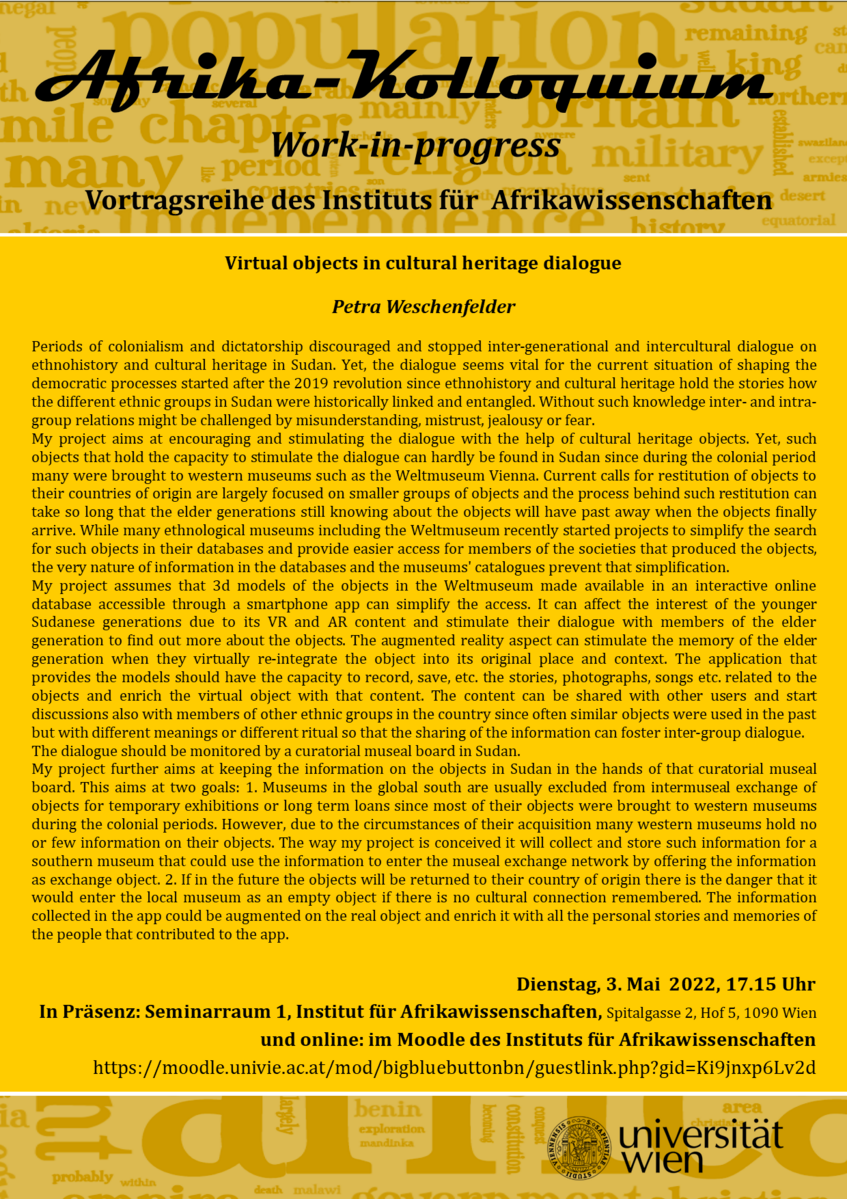
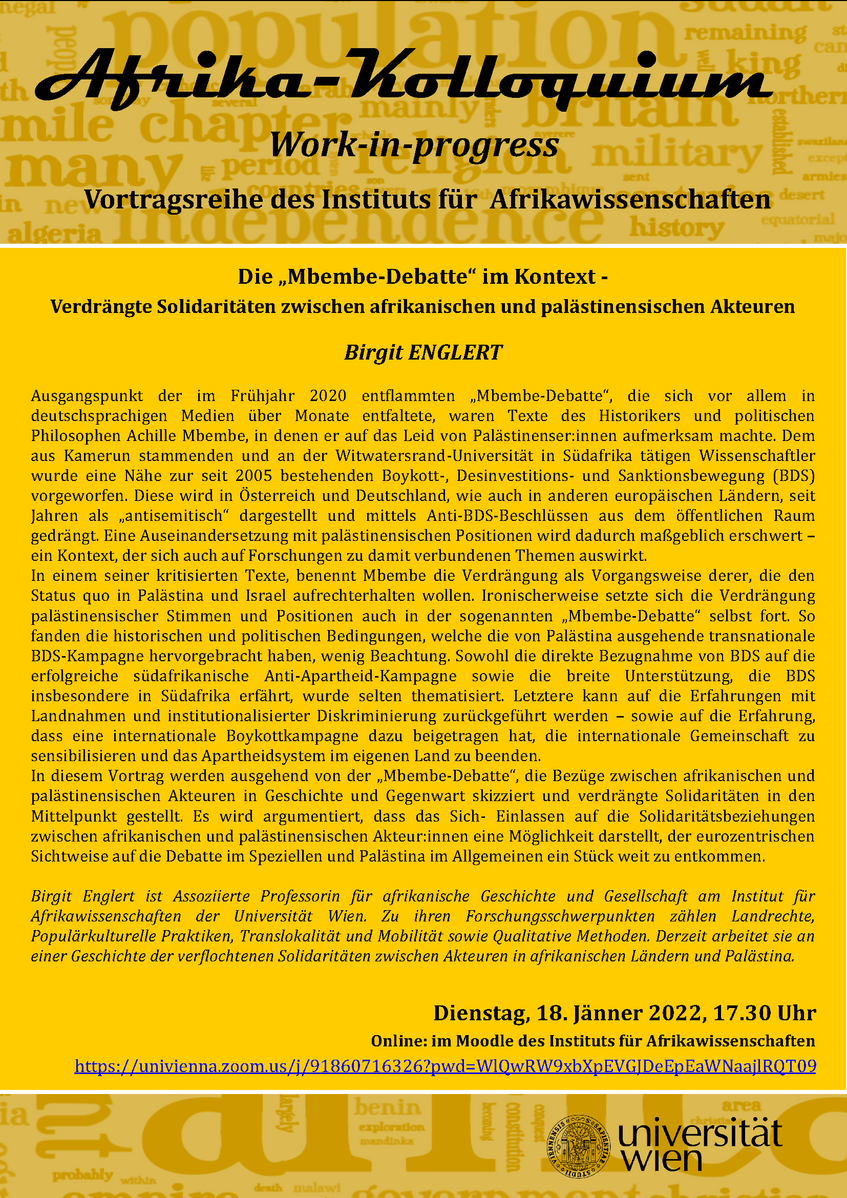
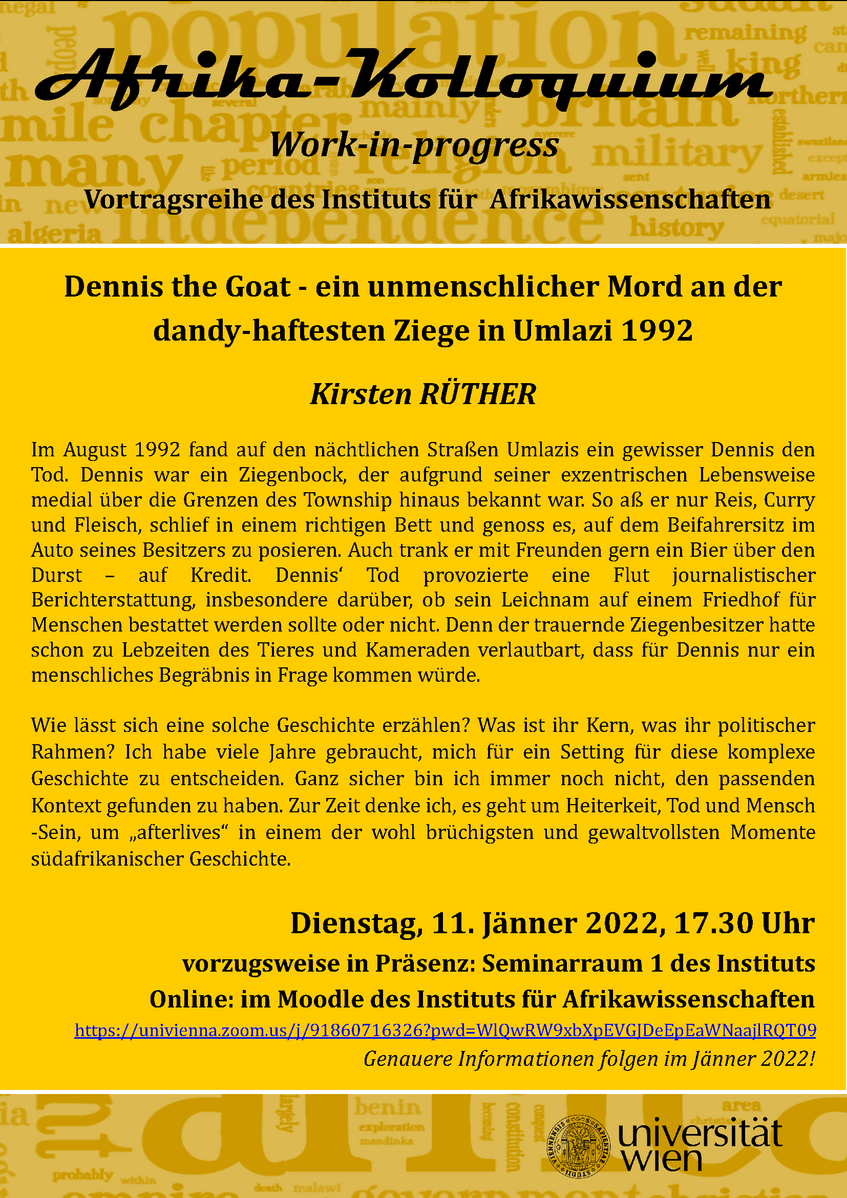
2021
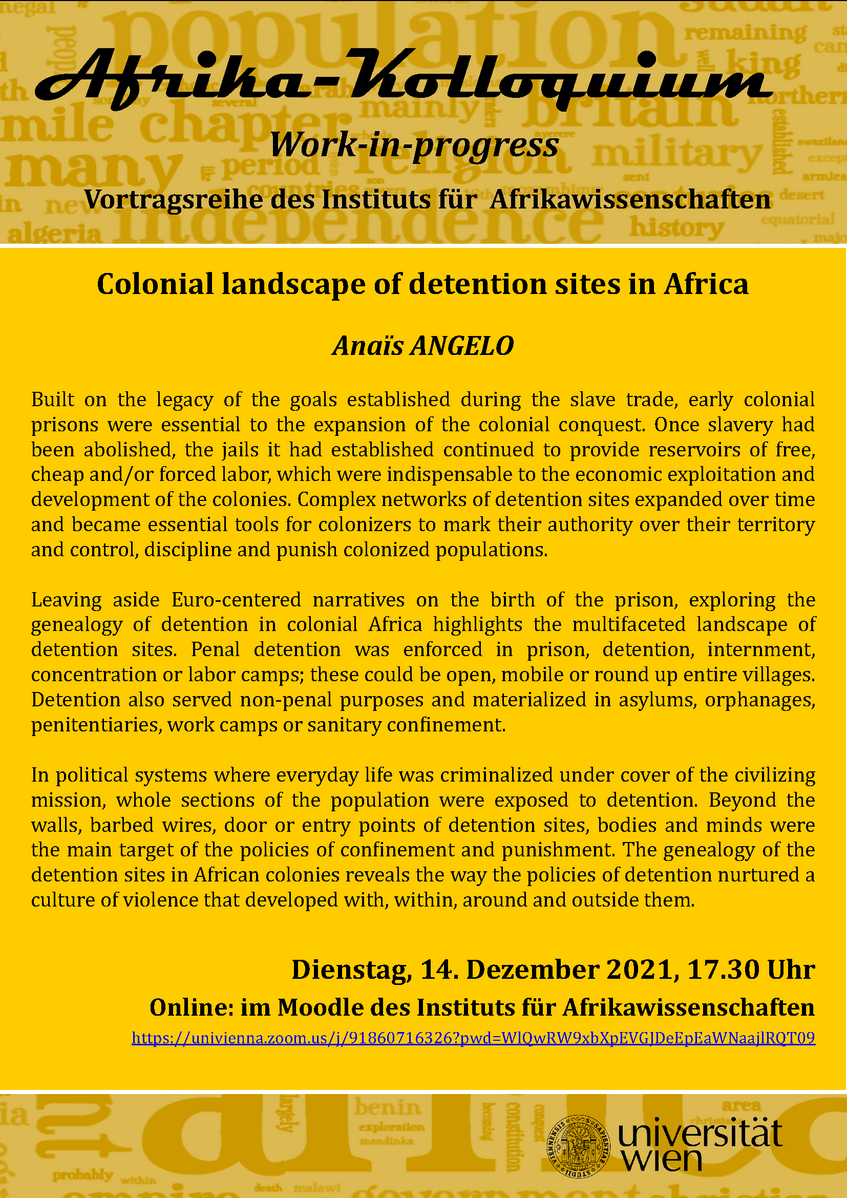
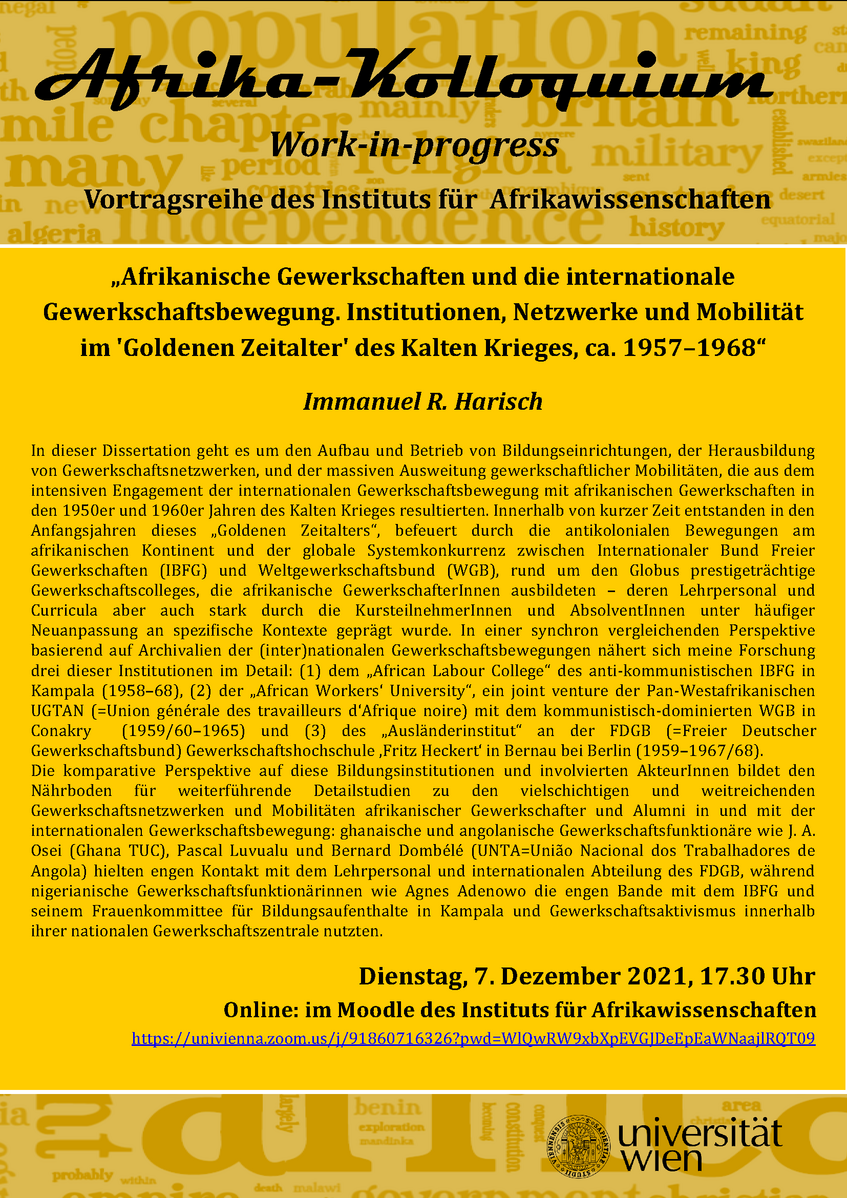
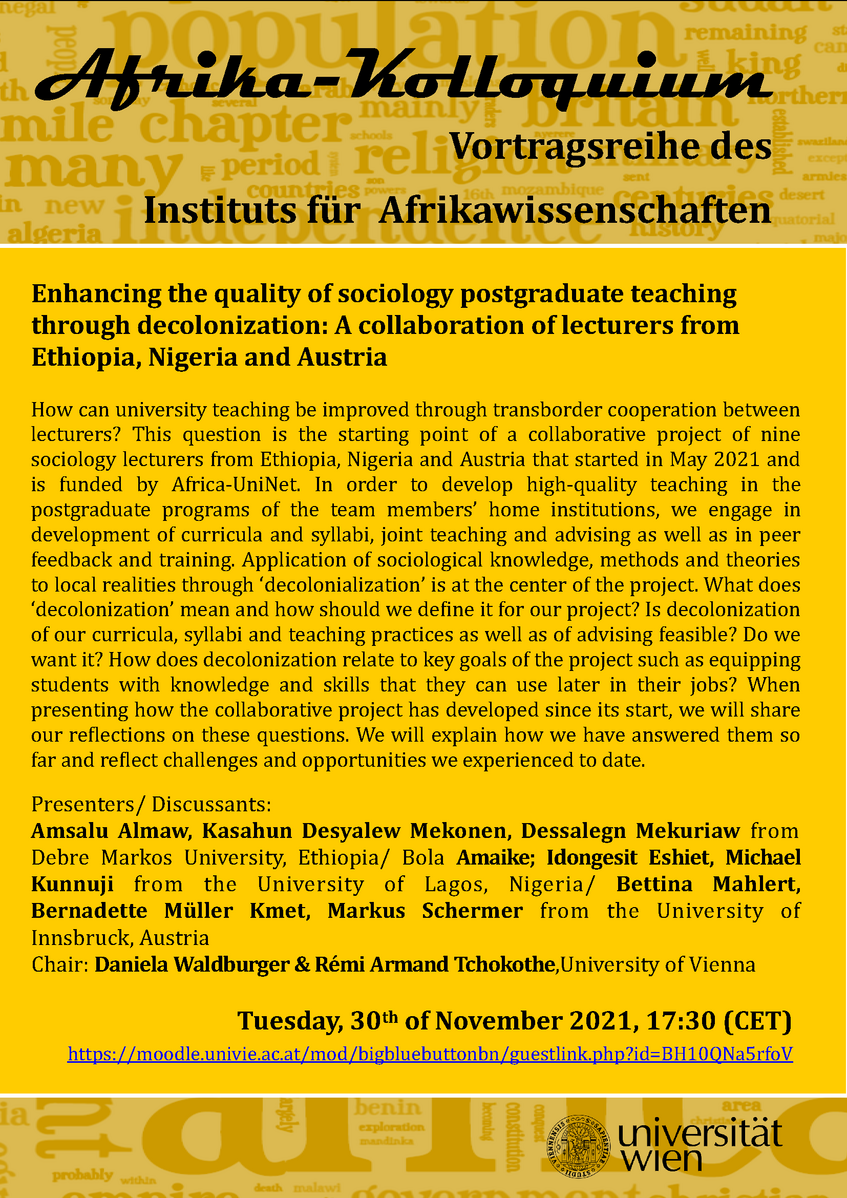
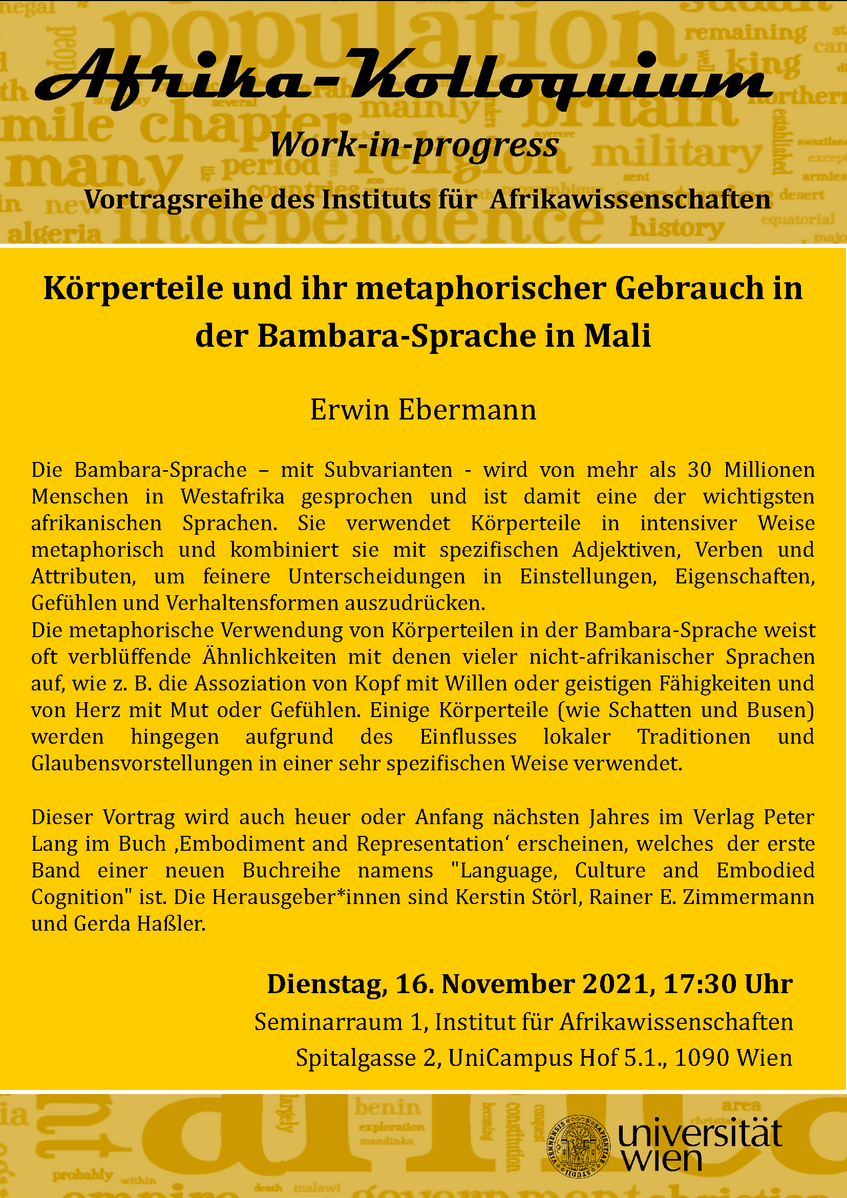
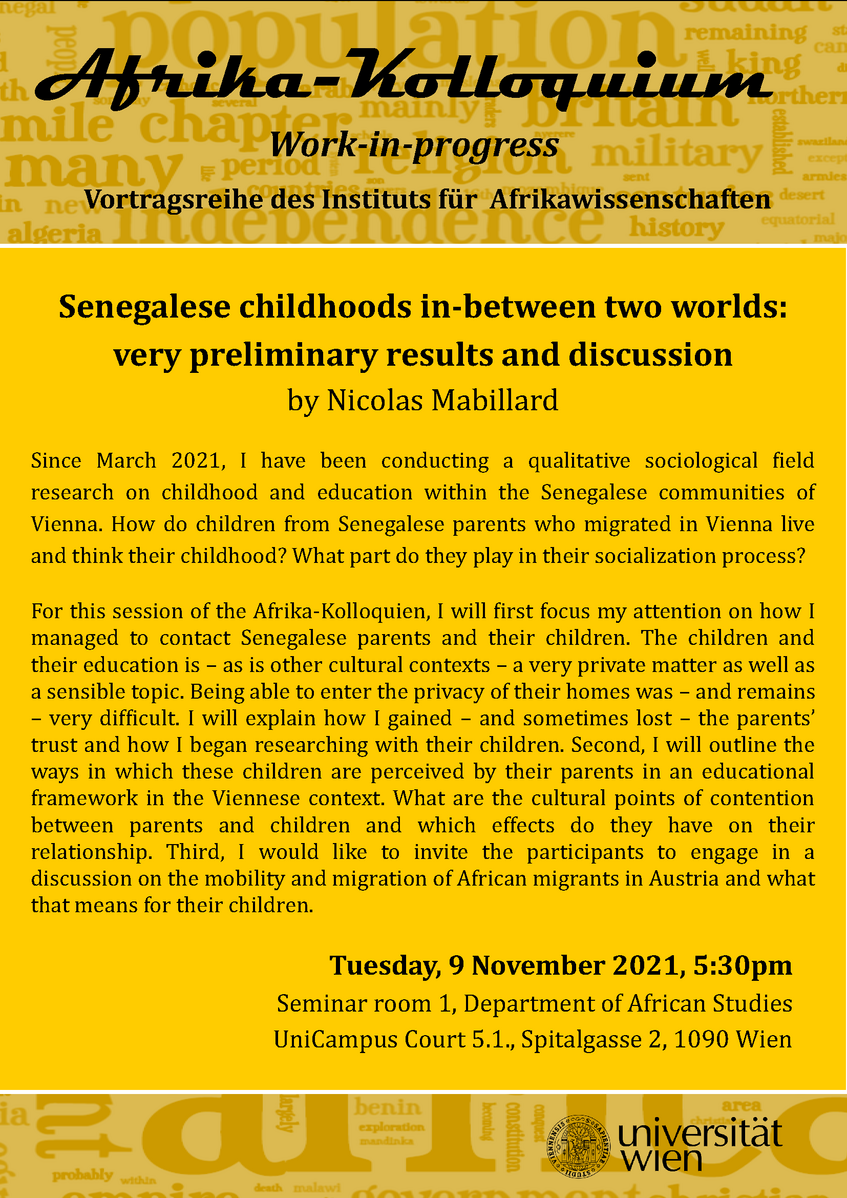
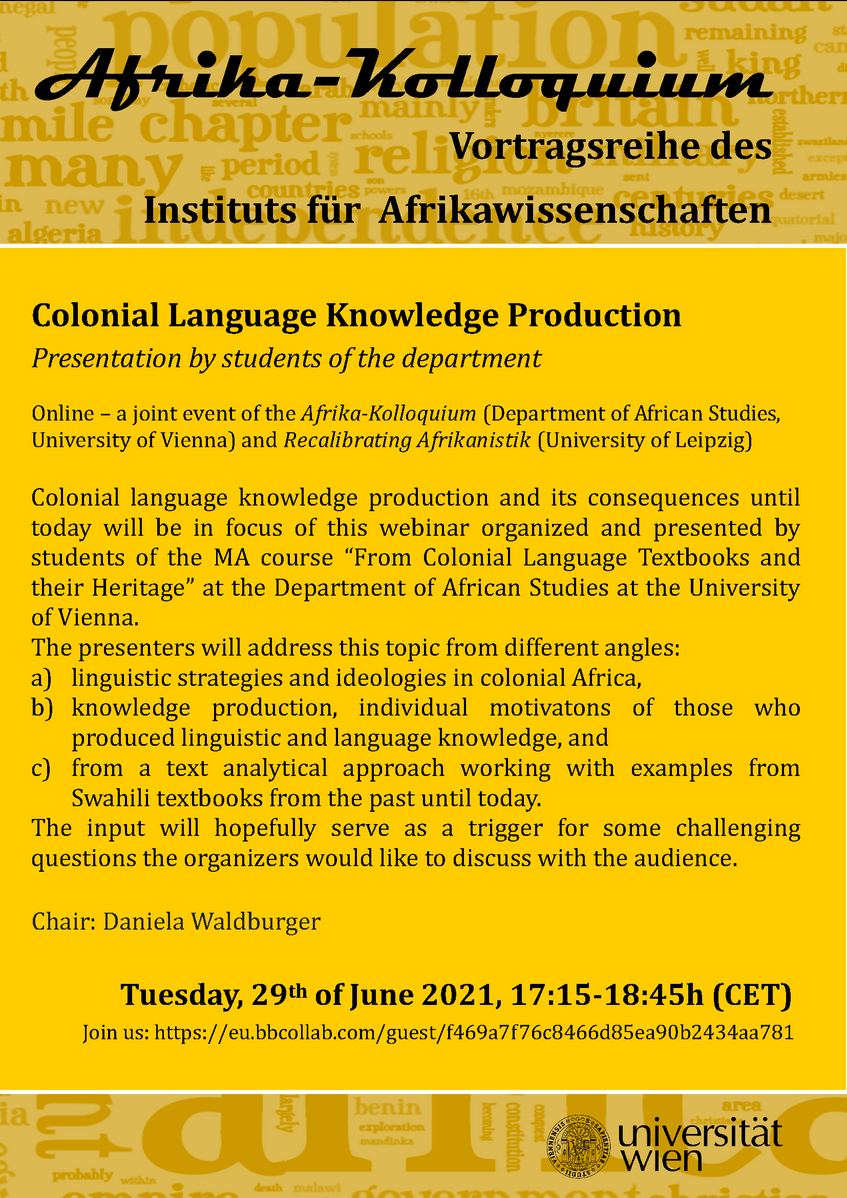
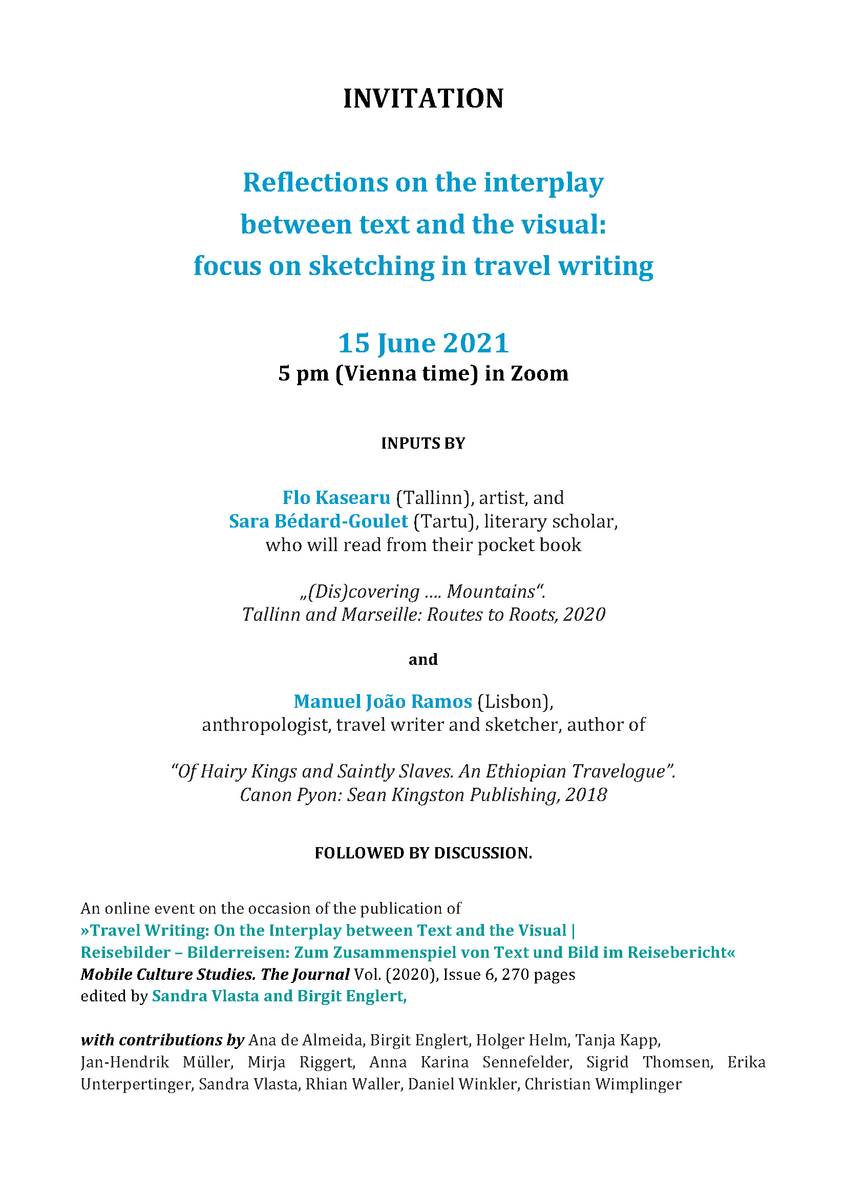
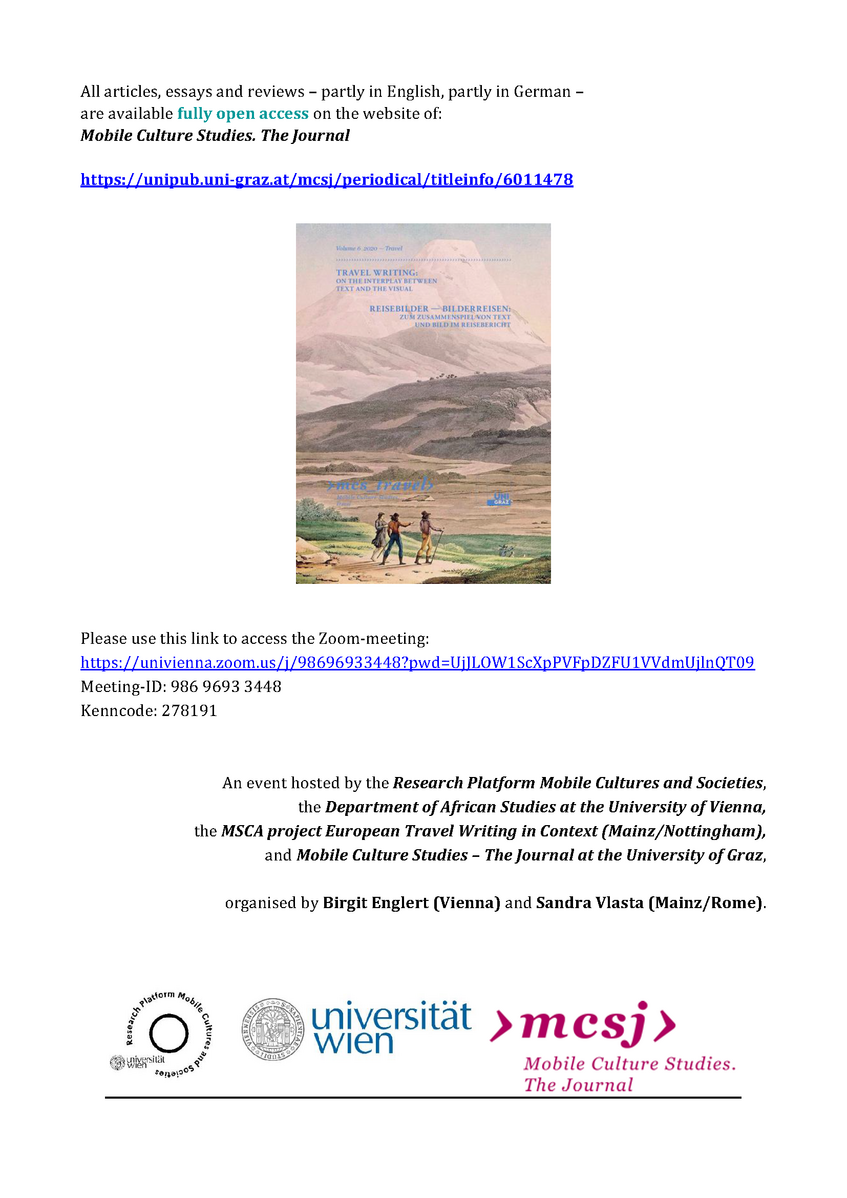
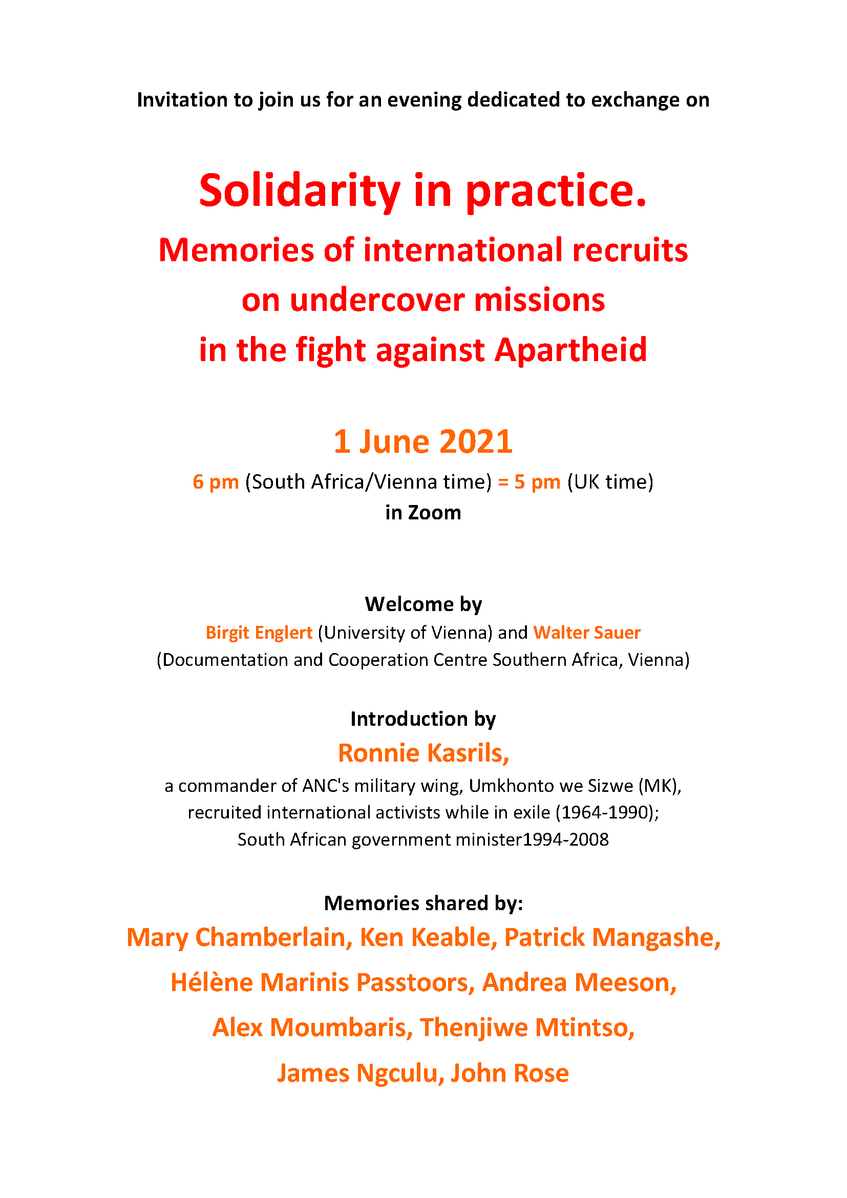
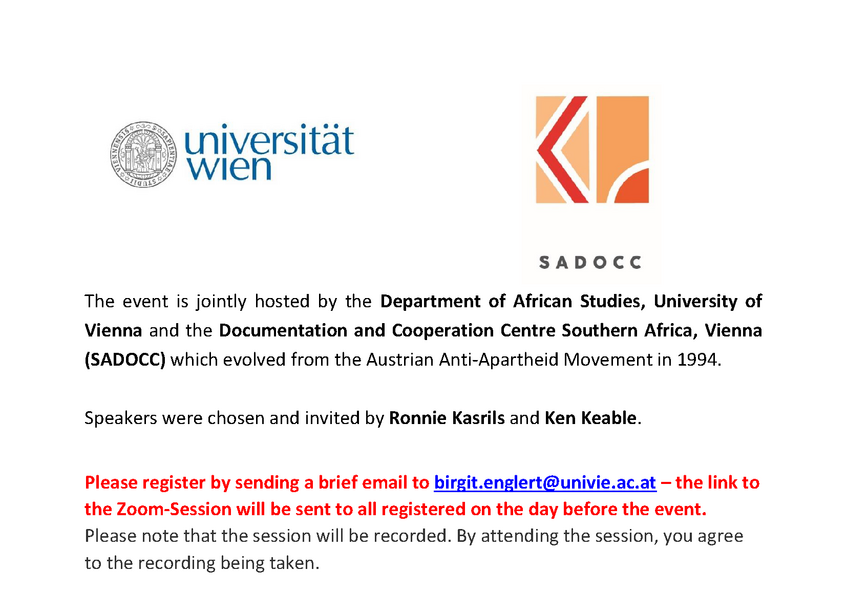
Background of the speakers (in alphabetical order):
Mary Chamberlain, with her then husband Carey Harrison, were members of the Communist Party recruited in 1971 by Ronnie Kasrils to bring ANC literature into South Africa. Part of the cohort now known as the London Recruits, they posed as immigrants, smuggling in and distributing 5,000 copies of Simon and Jane, a comic book recruiting for Umkhonto we Sizwe, and 2,000 copies of The History of the South African Communist Party. Mary became a pioneer of oral history in feminist and Caribbean history, is an emeritus professor of Caribbean history and an international bestselling novelist.
Ronnie Kasrils was born in 1938 in Johannesburg into a Jewish family of Lithuanian descent. He was an operative of the ANC’s armed wing, Umkhonto we Sizwe (MK) since its inception in 1961 and spent almost three decades in exile before returning to South Africa in 1990. He became a minister in governments presided by Nelson Mandela and Thabo Mbeki. Besides, Kasrils also made himself a name as the author of four memoirs published between 1993 and 2019 and as an activist who addresses human rights violations committed against Palestinians.
Ken Keable, born in 1945 into a Communist family in London, was recruited for ANC work through the British Young Communist League. He went alone to Johannesburg in 1968 where he posted 1200 letters to the Indian community. In 1970 he went to Durban with Pete Smith where they set off several leaflet bombs and a street broadcast. Like all the other London Recruits, he kept his activities secret but, on reaching the age of 60 in 2005, he began tracking down other Recruits and gathered their stories for the book that became London Recruits – the secret war against apartheid.
Patrick Mangashe (alias Hamilton Ntshinga) was born in East London in 1961. As a school boy he was involved in the 1976 students’ uprising. In 1978 he left South Africa for military-political training in Angola. He was greatly impressed by the assistance the MK received from the socialist countries including training, food, uniforms, weapons and further specialist courses abroad. He was part of a group of forty who received further training in the GDR which greatly impressed him. Such assistance shaped his appreciation for the concept of international solidarity. He carried out MK operations inside SA until 1990. After 1990 he served briefly with the National Intelligence Agency (NIA) before venturing into the private sector. He is now doing research for his Doctorate in History with University of Fort Hare in East London.
Hélène Marinis Passtoors is an African linguist who had since 1967 lived, studied, conducted research and given birth to 4 children in Africa (with a few years interruption in Europe for further studies), when she was recruited by Joe Slovo in 1981 in Maputo, where she worked at the Eduardo Mondlane University. She served in the Special Operations unit of MK mainly in target reconnaissance and liaison with occasional weapons transports. When living in Johannesburg in 1985 she was arrested and convicted of High Treason. Thanks to anti-apartheid solidarity campaigns, Belgian diplomacy intervened for an early release from prison in 1989. She then worked in the Commission for Language Policy of the ANC and in the ANC office in Brussels. She lived more than 10 years in Chile, worked in a North/South thinktank in Belgium and finally retired to the Wallon countryside close to Namur. In 2011 she was awarded the Order of The Companions of O.R.Tambo (silver).
Andrea Meeson was recruited in 1985, while a first-year student at York University in Toronto, Canada. She served in ordnance structures of uMkhonto we Sizwe in Botswana (1986 to 1988) and South Africa from (1989 to 1993). She was responsible for conducting regular reconnaissance, transporting arms crossborder, and storing and burying arms caches inside South Africa. During her MK service, she buried 38 caches, while also working full time in education and media. Andrea worked almost exclusively as a solo operative. From 1993 until 2009 she worked in media/communications and raised three children as a single parent in downtown Johannesburg. Andrea is currently based in Toronto, but maintains close family and friendships across Southern Africa.
Alex Moumbaris, a Greek national born in Alexandria, Egypt in 1938, was an early London Recruit, carrying out propaganda missions in South Africa from 1967. He was sent to the Soviet Union for training in 1969; and took part in an attempt to land a group of MK guerrillas on the Transkei coast. With his French wife Marie-José he helped infiltrate MK cadres across the Swazi and Botswana borders into South Africa in 1972. They were betrayed and arrested, with a pregnant Marie-José being deported owing to French pressure. Alex was sentenced to 12 years imprisonment but escaped in 1979. Back in France, he helped set up the Paris ANC office. He was awarded an MK medal and the state's Order of the Companions of O R Tambo.
Thenjiwe Mtintso, born in Soweto, was involved in the Black Consciousness Movement (BCM) in the 70s. After several detentions and banishment went into exile, joined the ANC and SACP in 1978, underwent military training under MK serving in command positions in Lesotho, Botswana and Uganda. Worked closely with internationalists who assisted her in dangerous situations. She participated in CODESA, was elected into parliament in 1994, appointed Chair of Commission on Gender Equality and elected as ANC’s deputy secretary-general in 1997. She is a gender activist with Master’s Degree with a thesis on Women in Politics. Has served as ambassador to Cuba, Italy, Romania, Malawi and currently to Spain.
James Ngculu was born in 1955 in Cape Town, and grew up in a township of Gugulethu. He joined the ANC in 1976 and received political and military training by MK and Cuban internationalists in Angola. Further military training followed in the GDR (DDR) and in Moscow, Russia. He held various responsibilities in exile – Angola, Maputo, Lusaka and Botswana. In Botswana he interacted with foreign nationals from Norway, Ireland, Britain, Lesotho, Botswana, Swaziland who assisted in dangerous missions and tasks. After 1990 he returned to South Africa and participated in the negotiations for democratic transition, was elected as an MP in the democratic parliament where he chaired the Portfolio Committee on Health. He is the author of two books [The Honour to Serve, David Philip publishers, 2009 and Voices of Liberation: Chris Hani, co-authored with Greg Houston, HSRC, 2014] and currently serves on the ANC's Integrity Commission.
John Rose writes: I met Ronnie Kasrils when I was a 'revolutionary' student at the London School of Economics 1966-69. I had joined the International Socialists, later the Socialist Workers Party, a post-Trotskyist organisation very much at odds with what we considered to be Stalinist Communism. Nevertheless, several of us made common cause with Ronnie, as part of a united front approach to the defeat of Apartheid. We became 'operatives' for his underground work. Unknown to us, because of essential secrecy restrictions, we students were working with young workers in London's Young Communist League, unintentionally achieving an objective of the student movement: a student-worker alliance
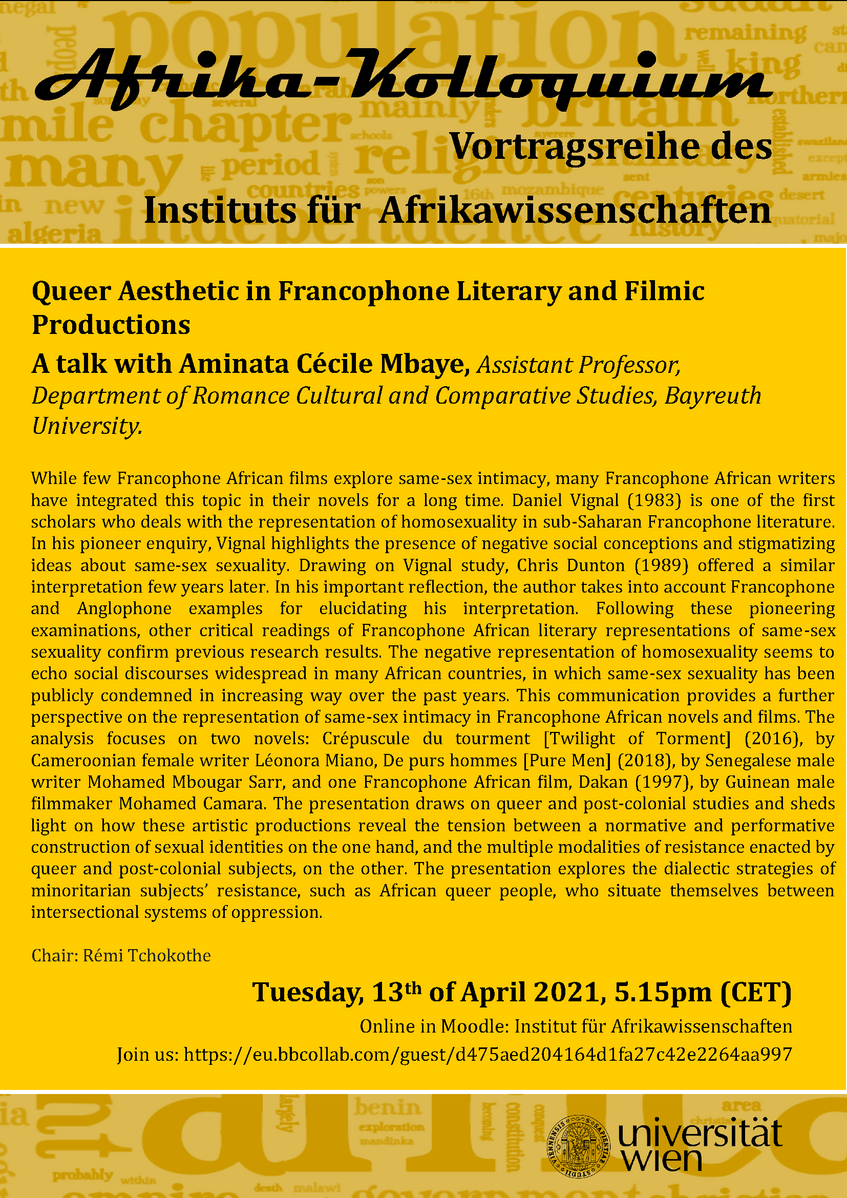
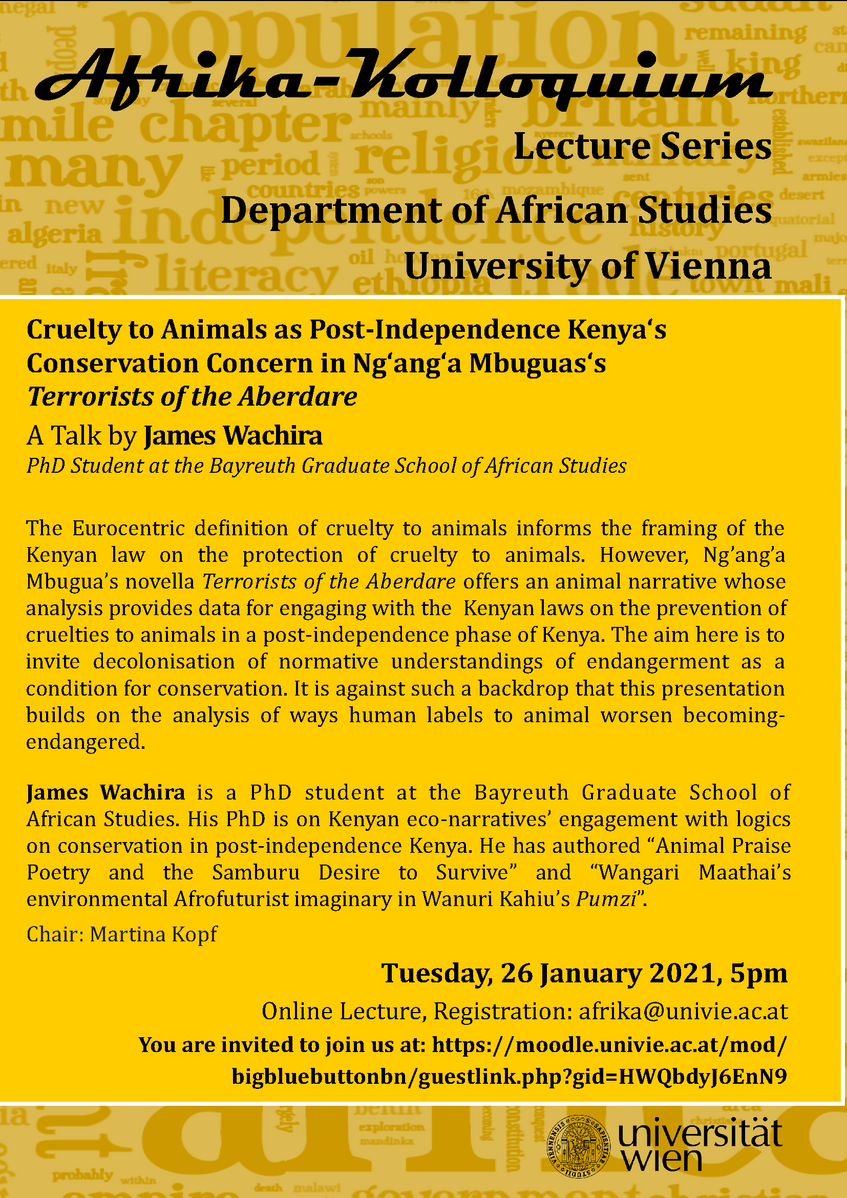
2019
